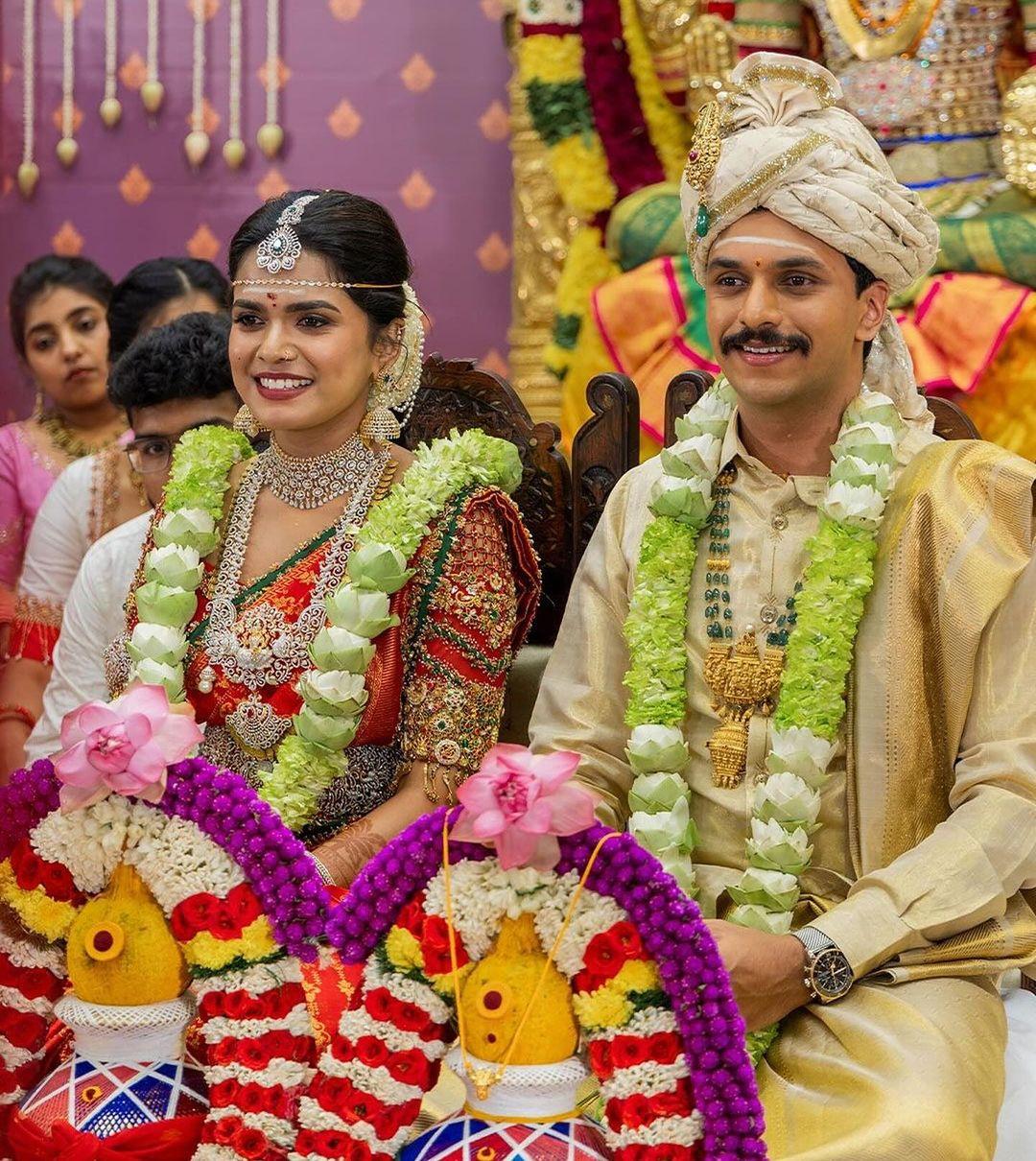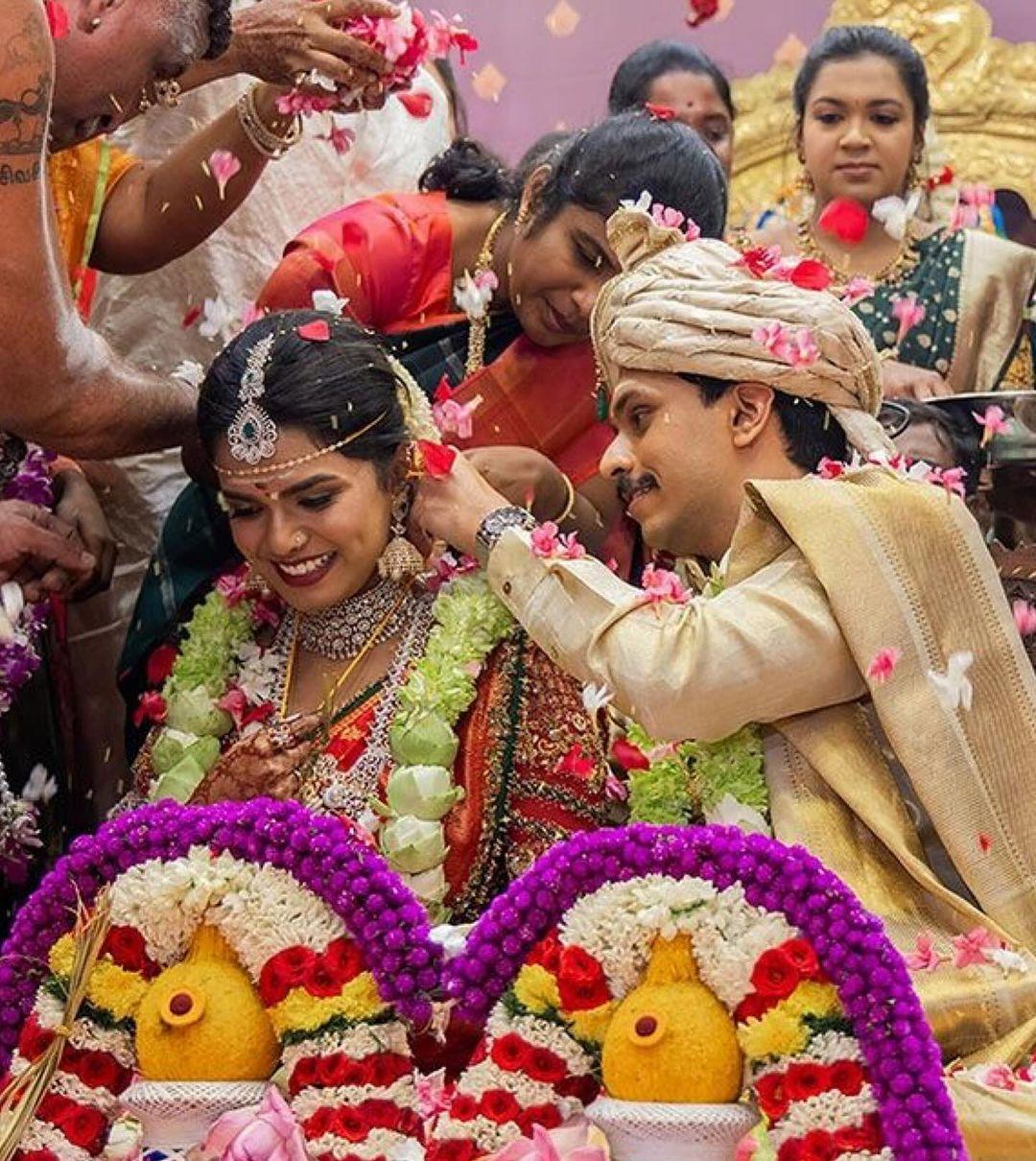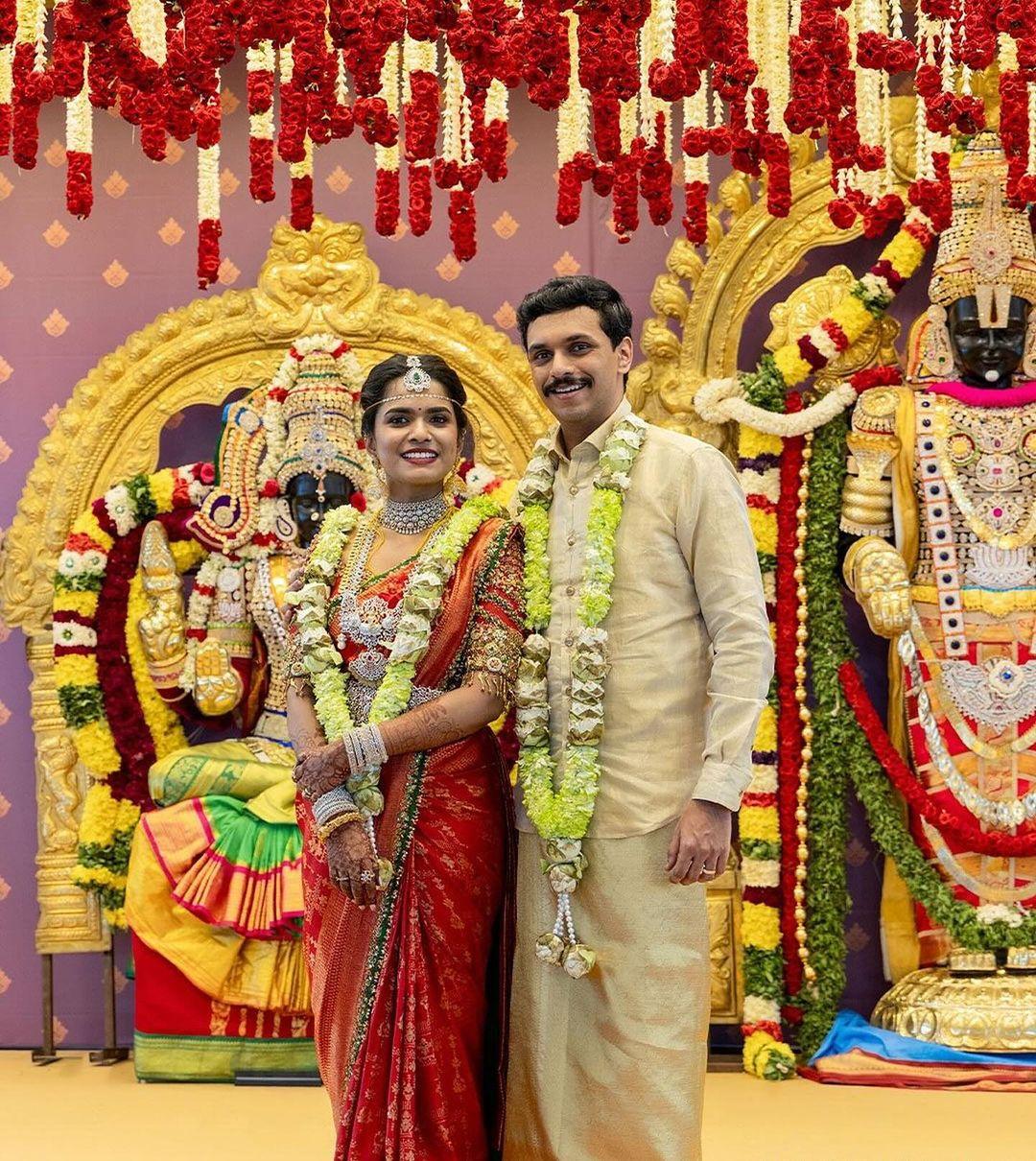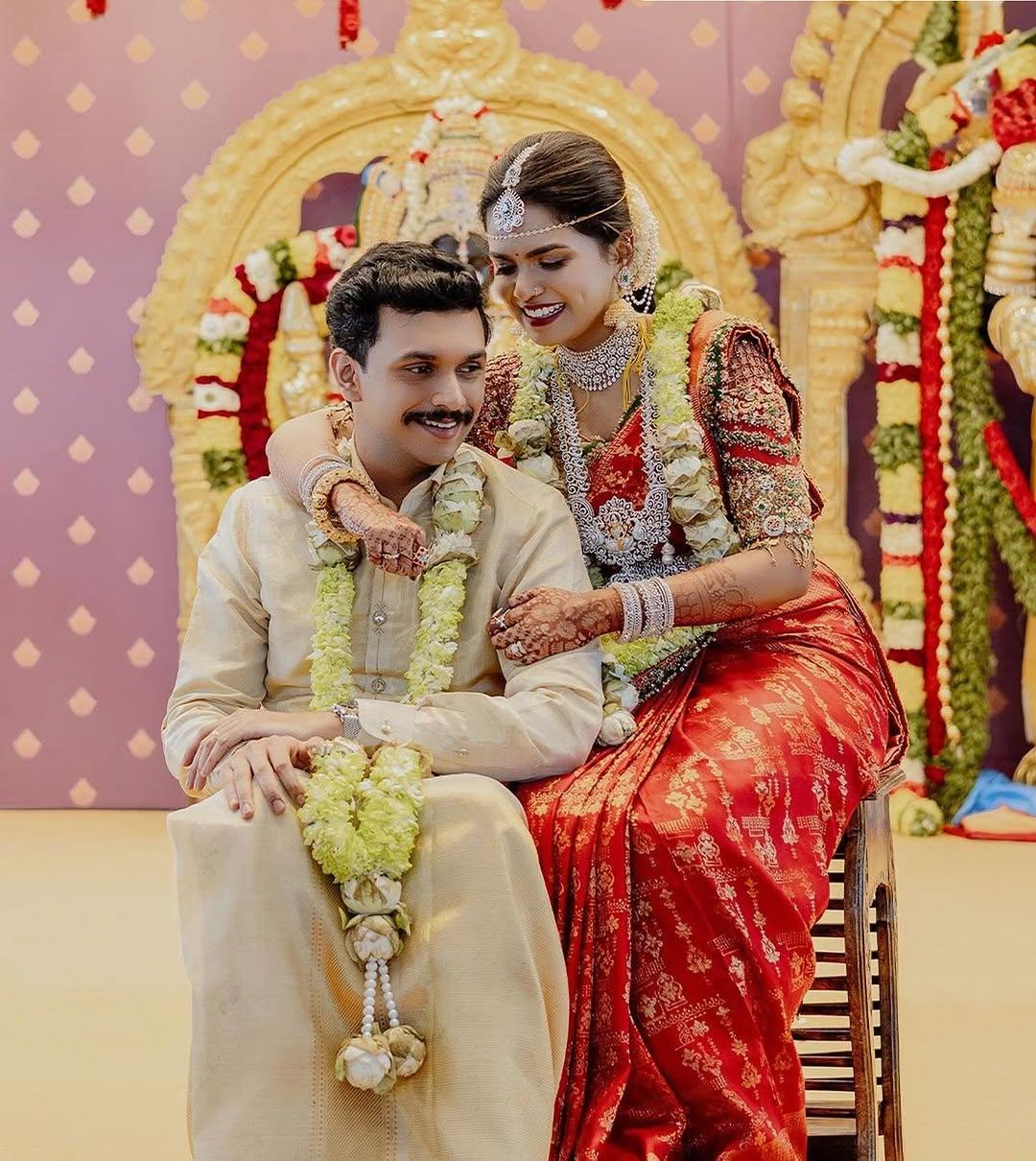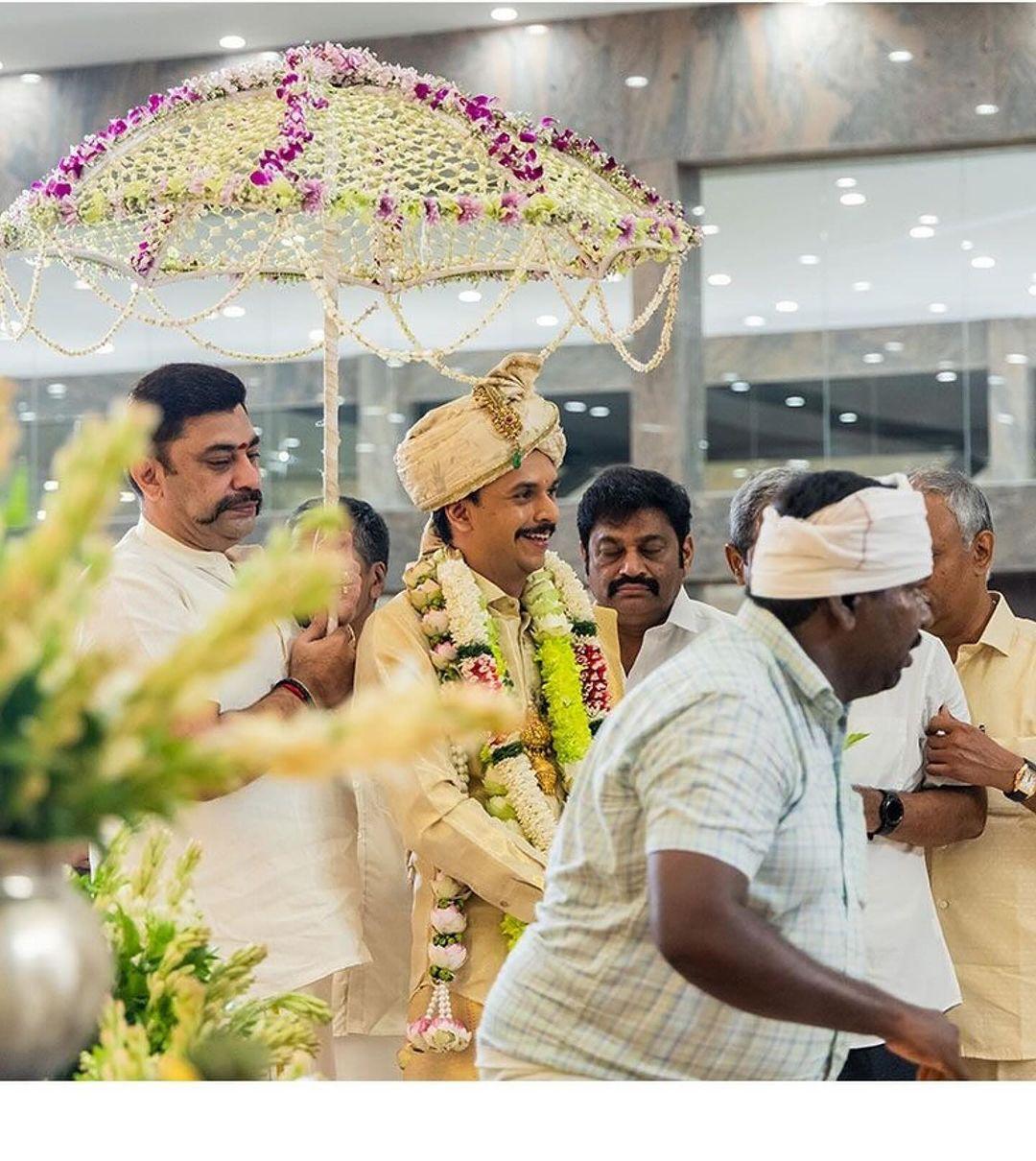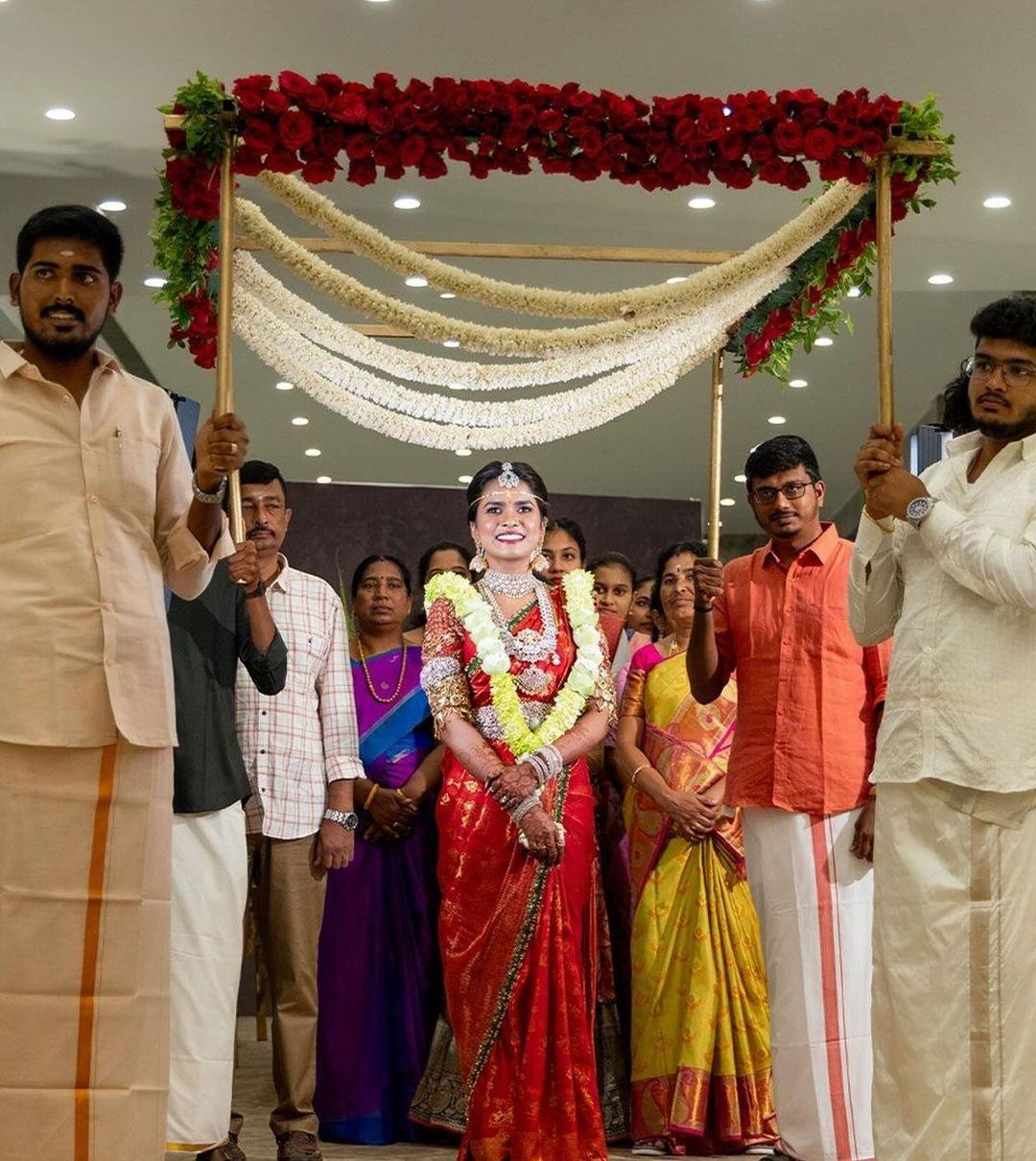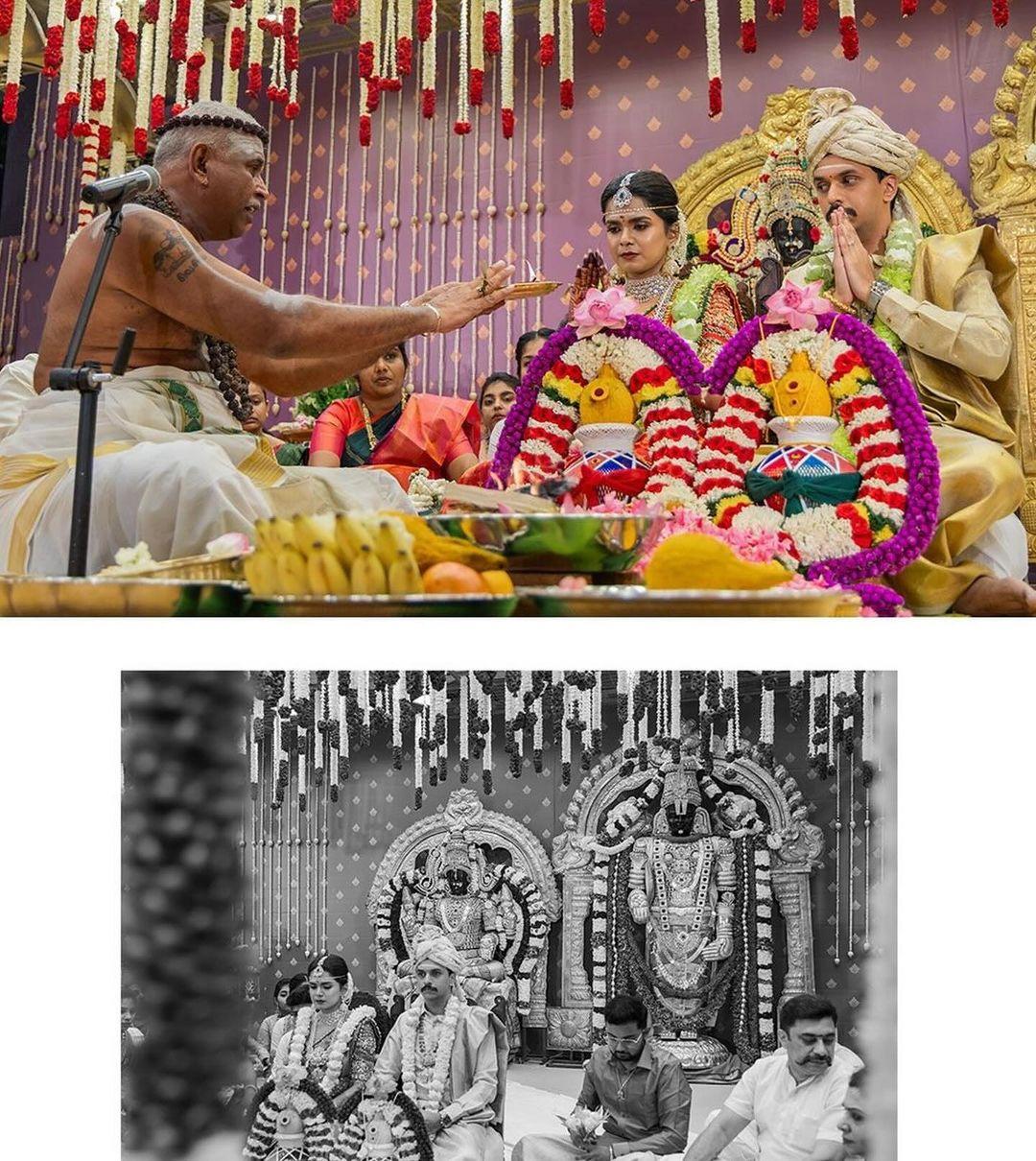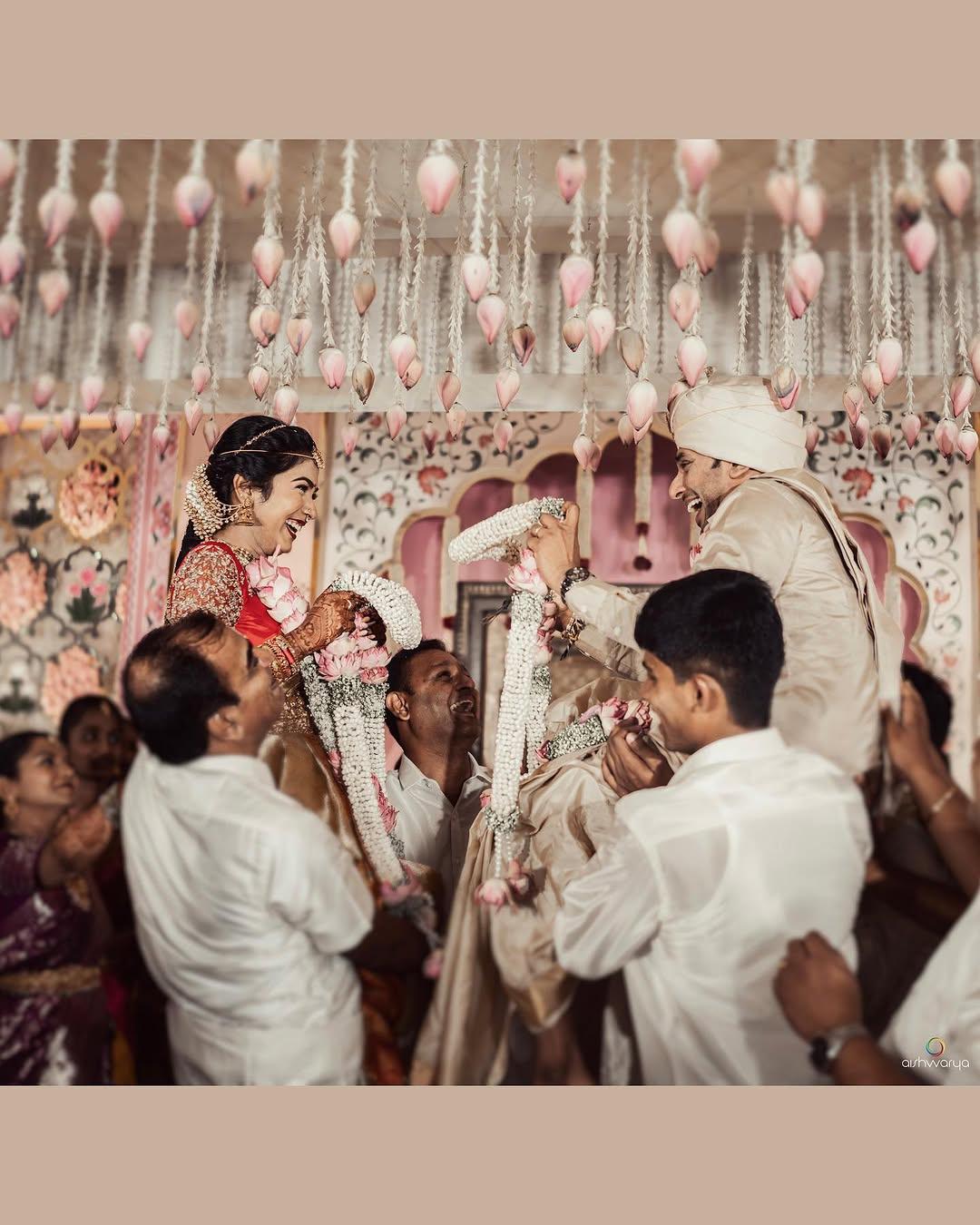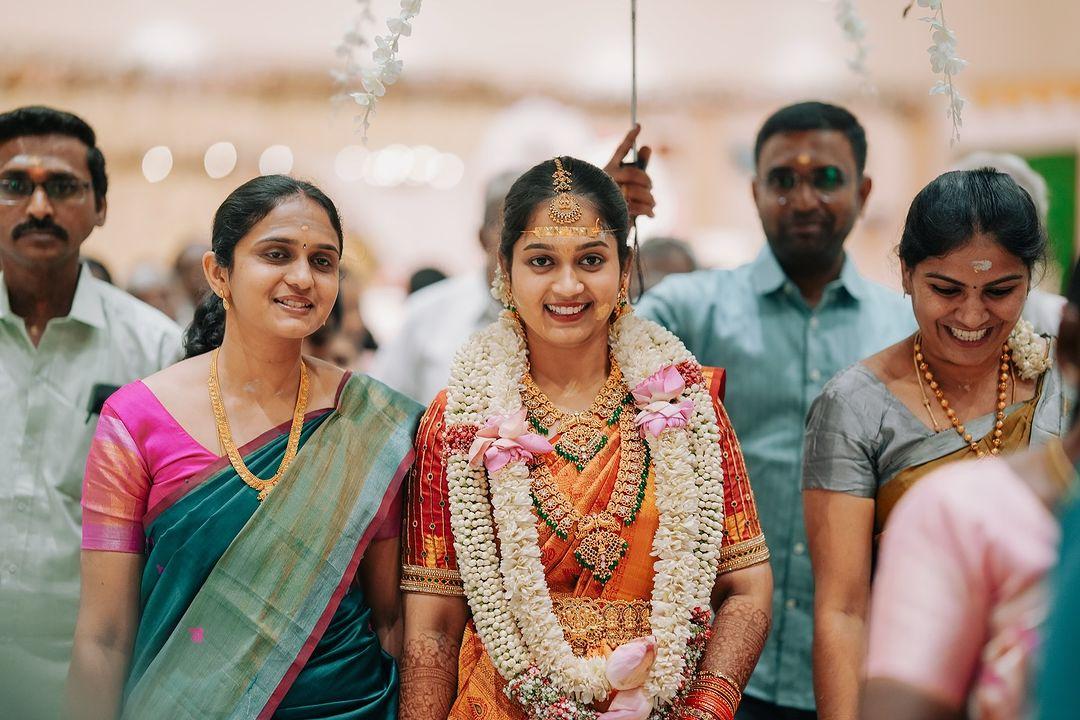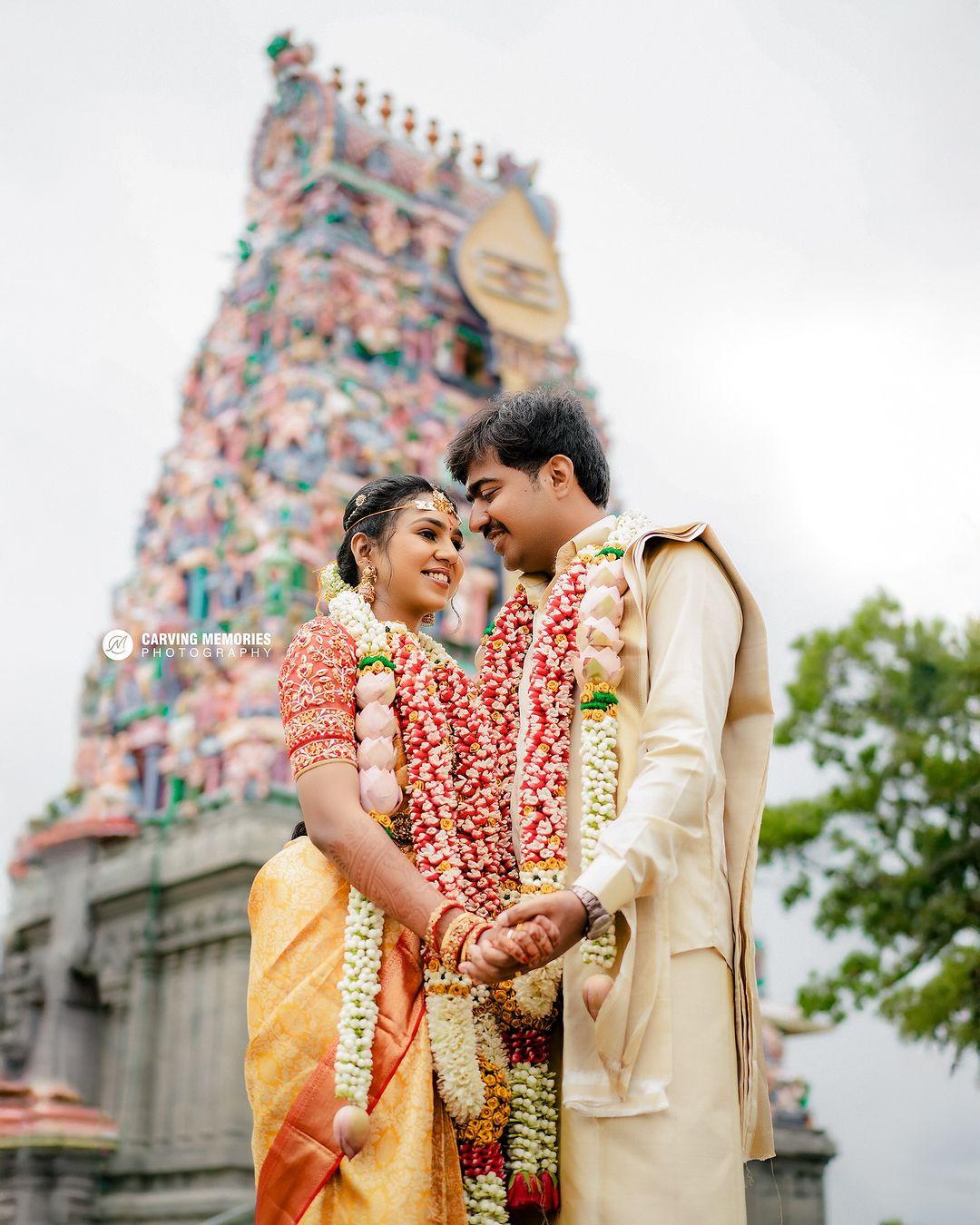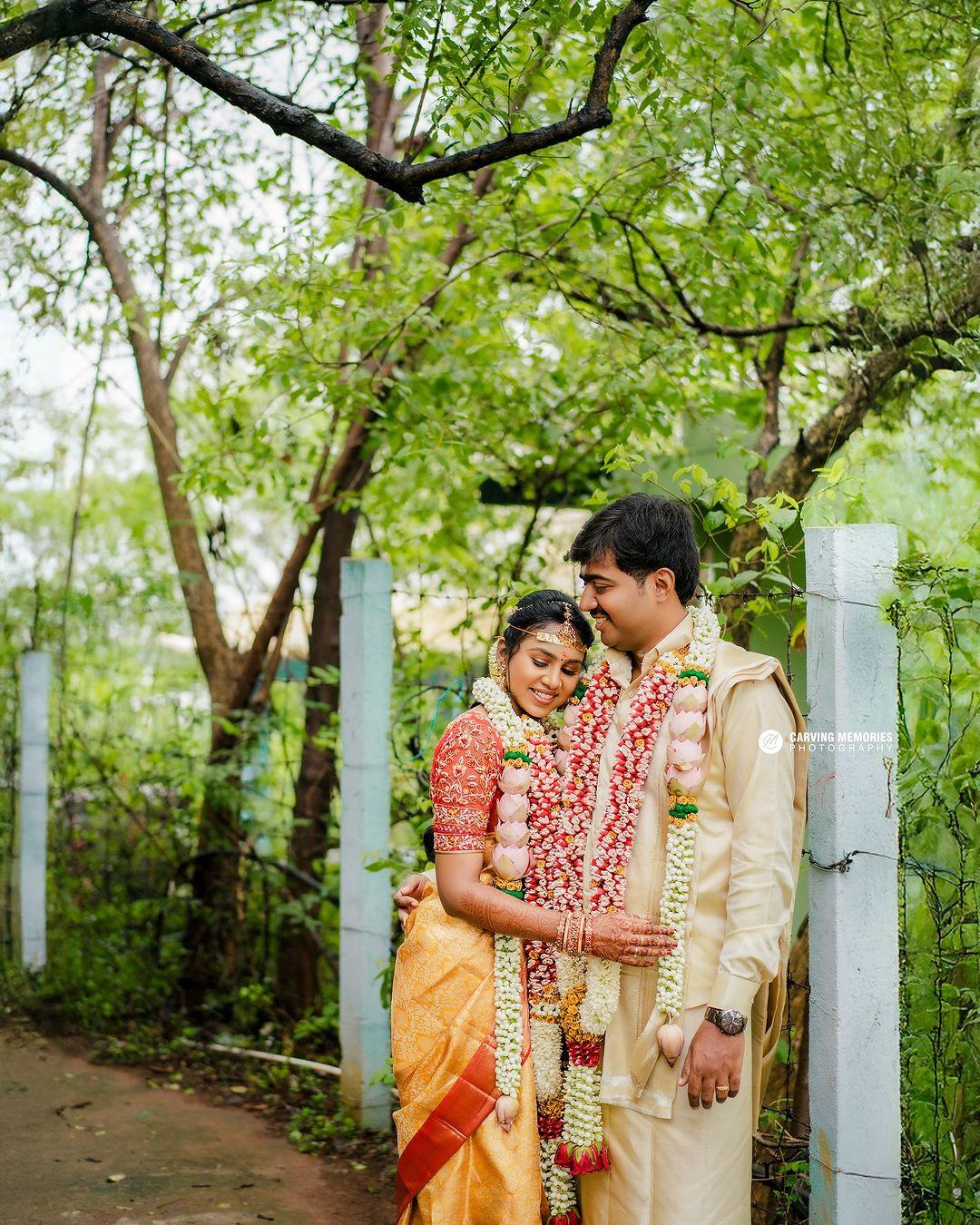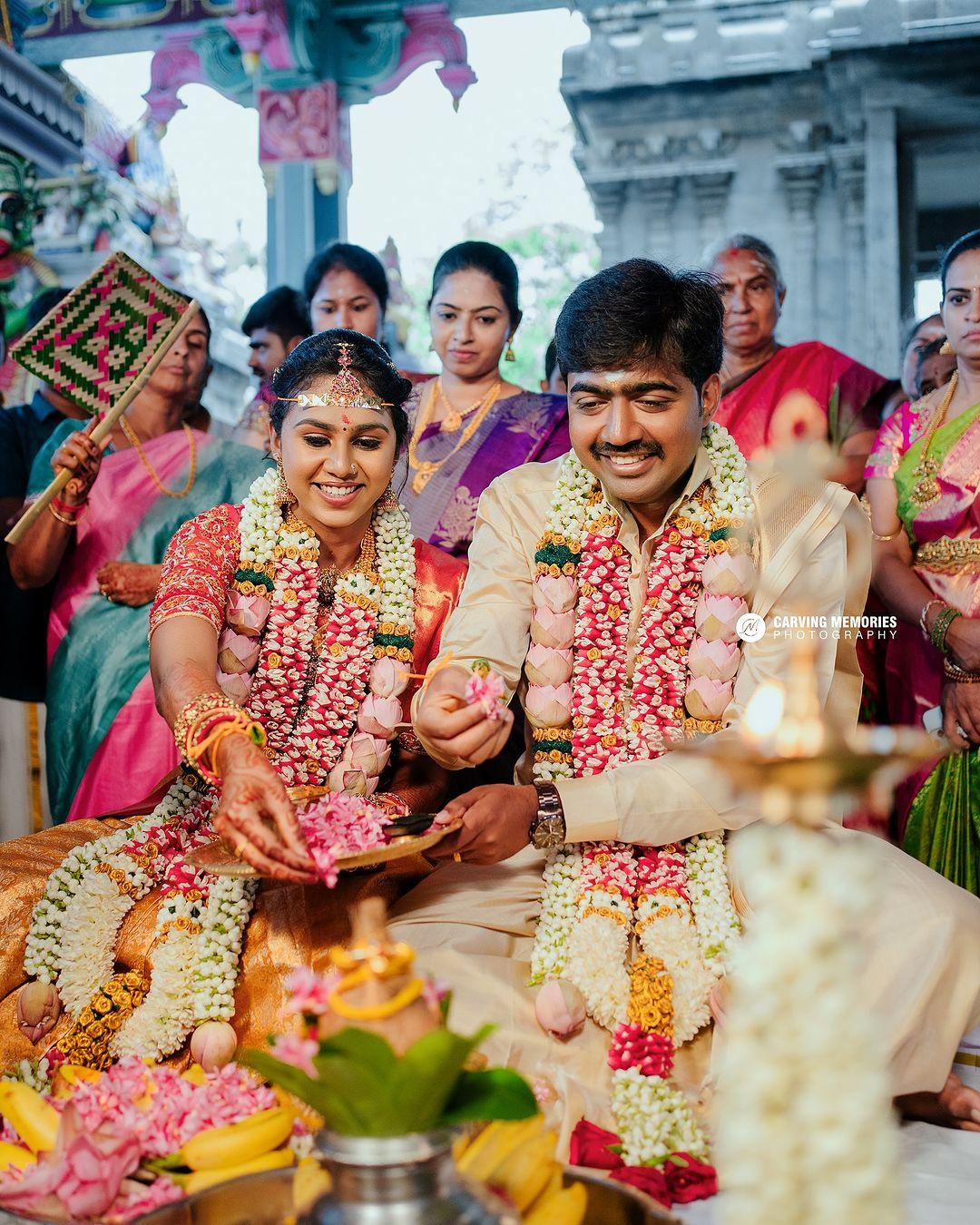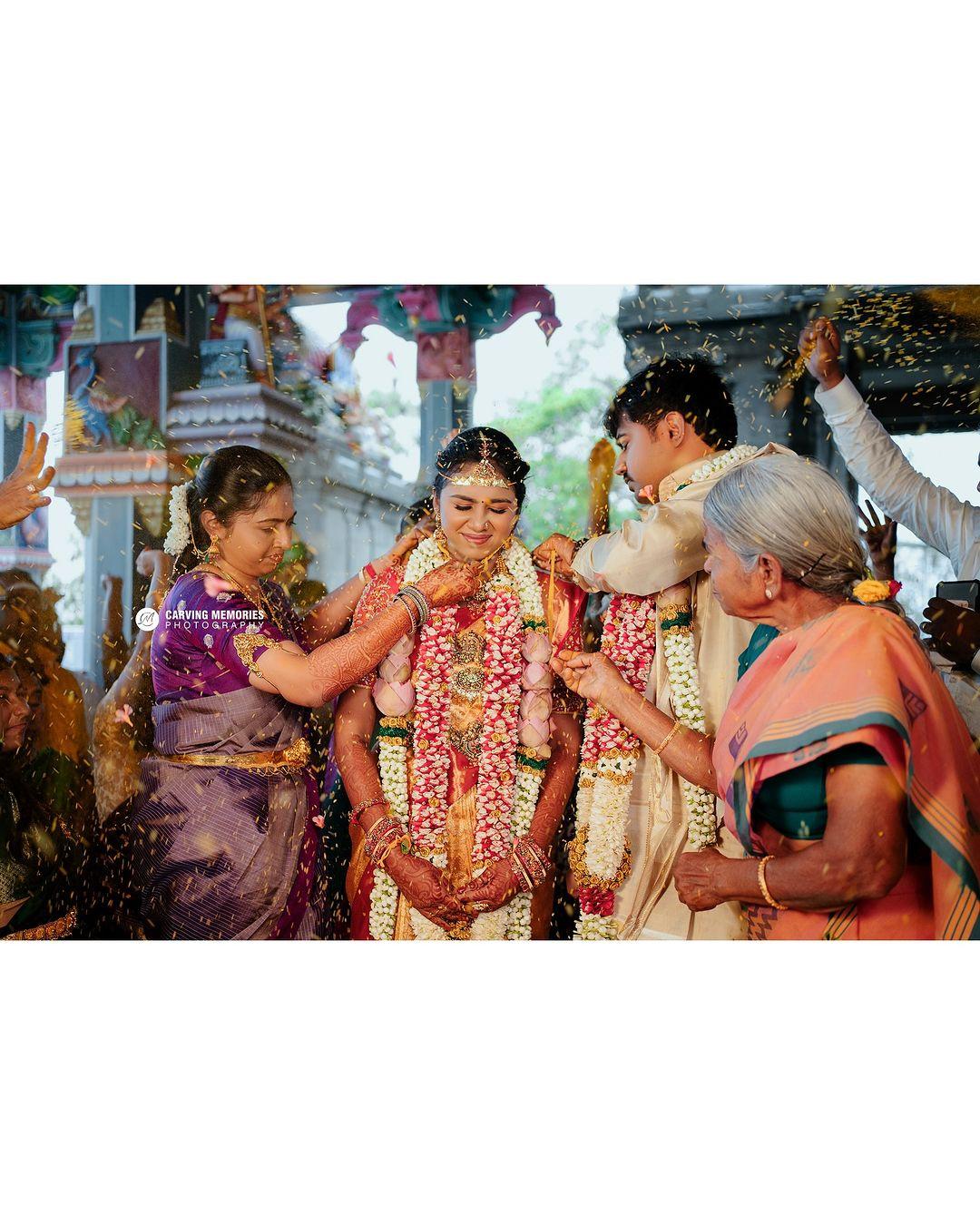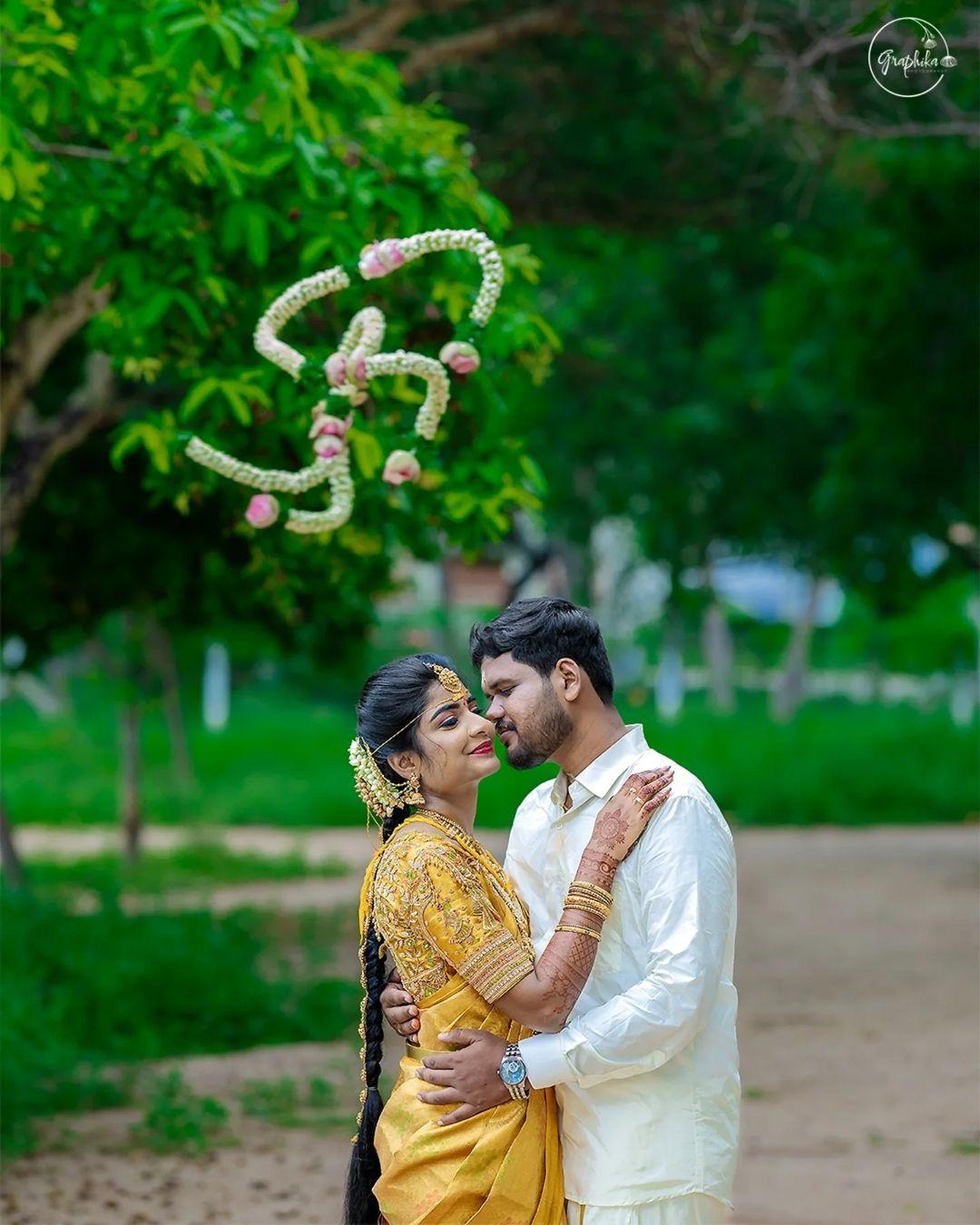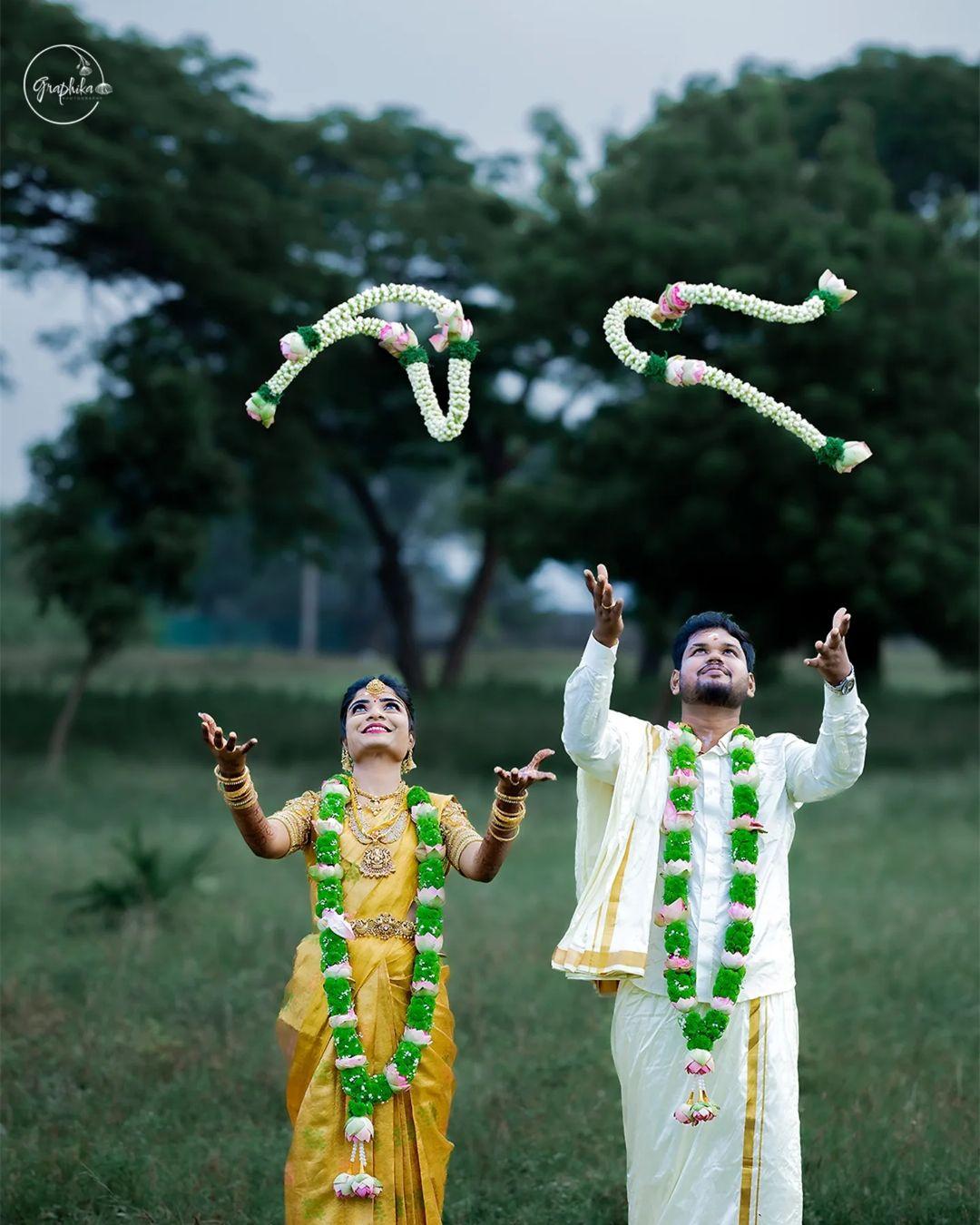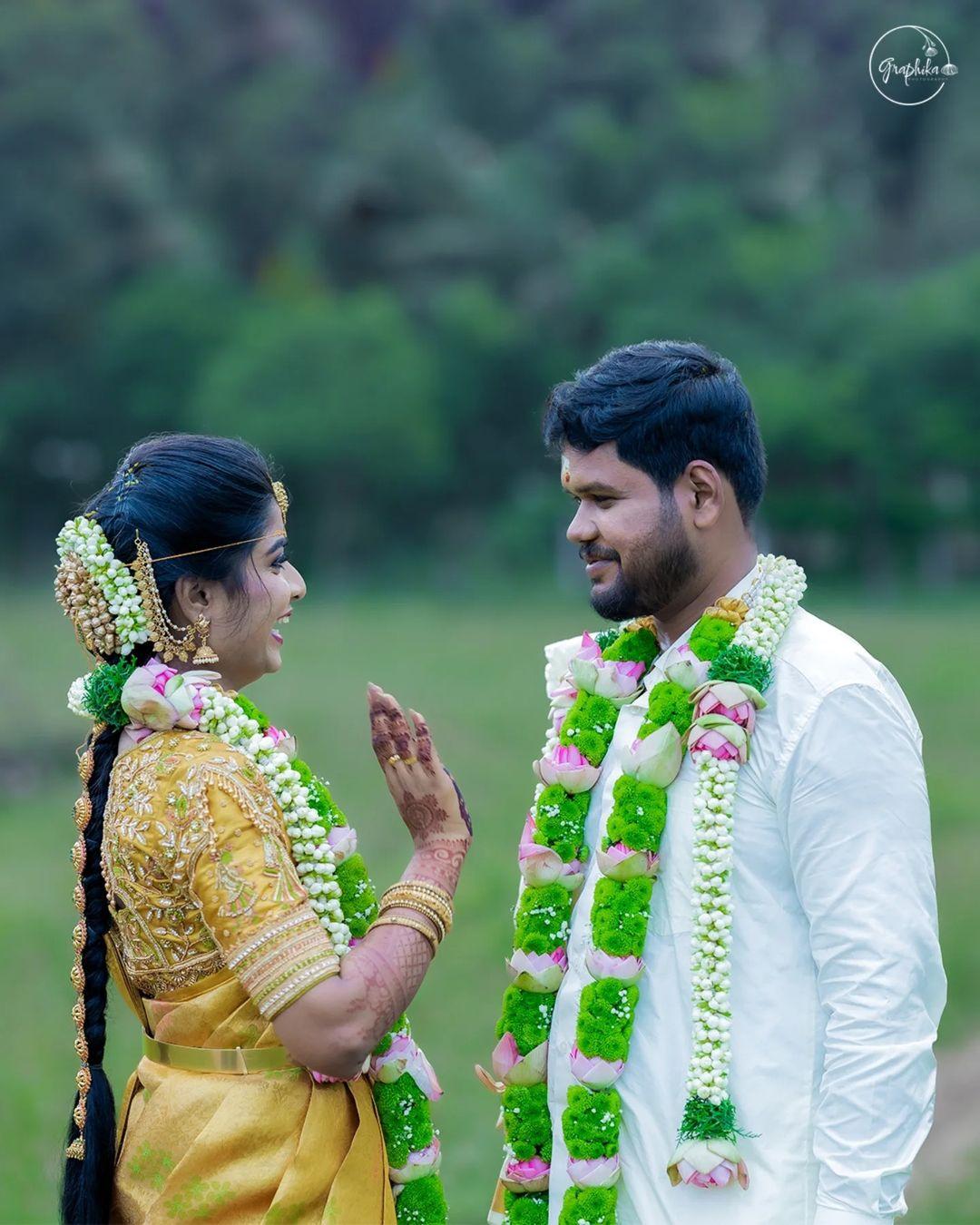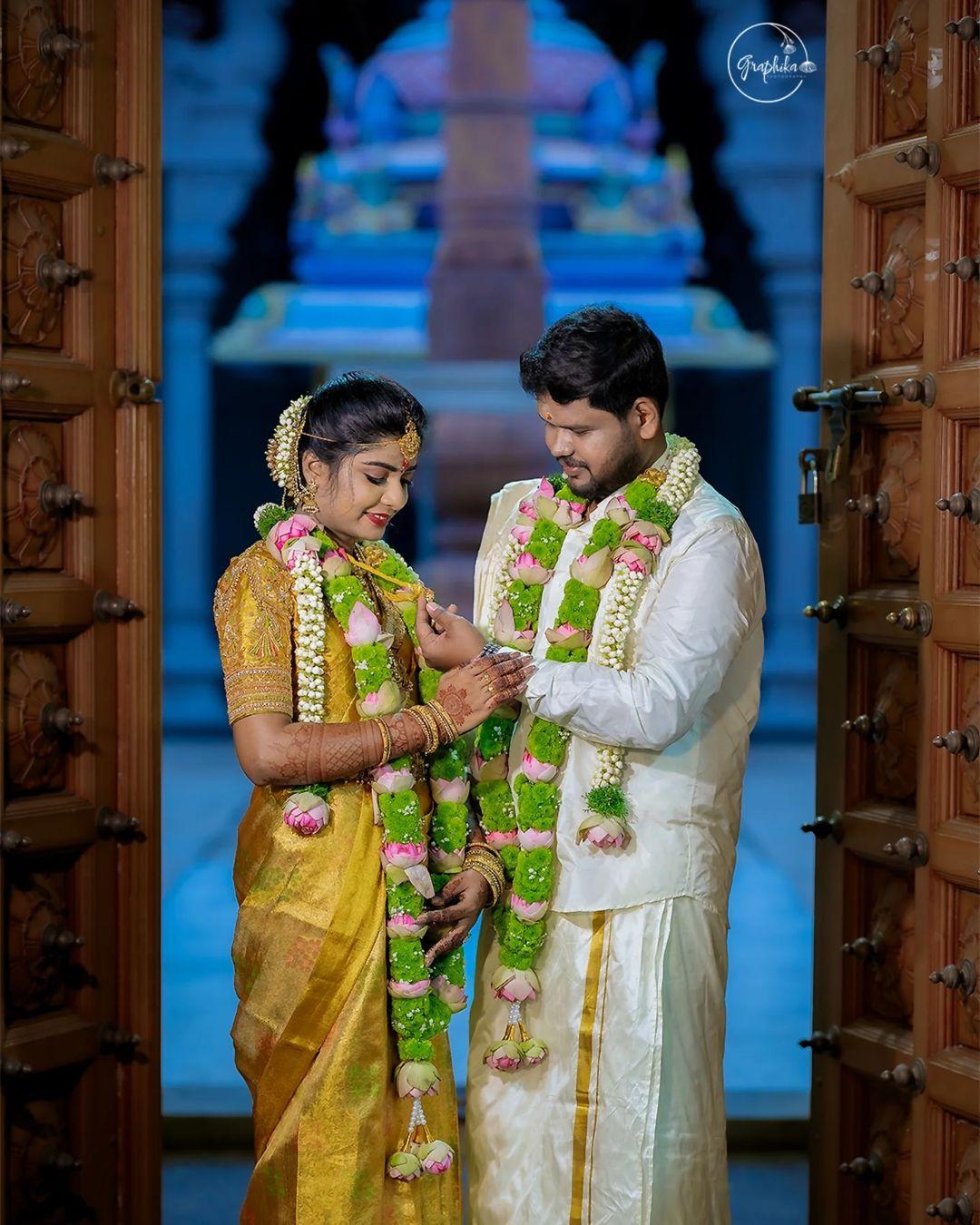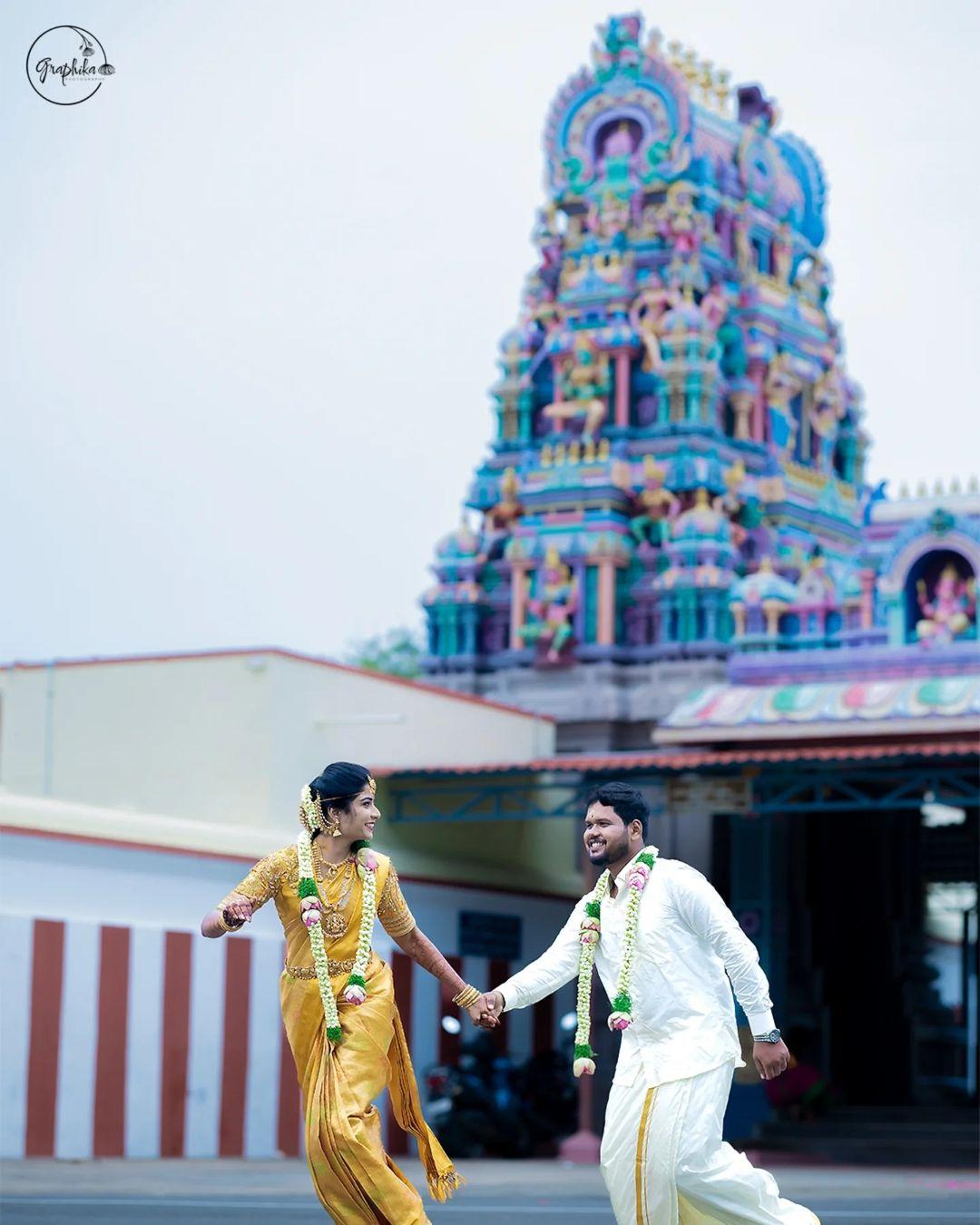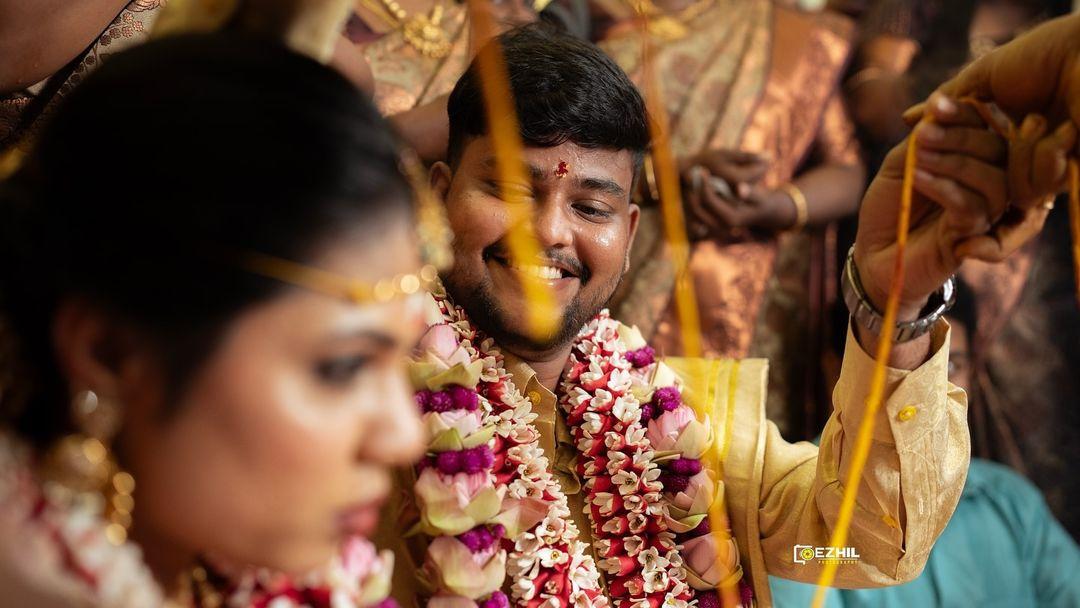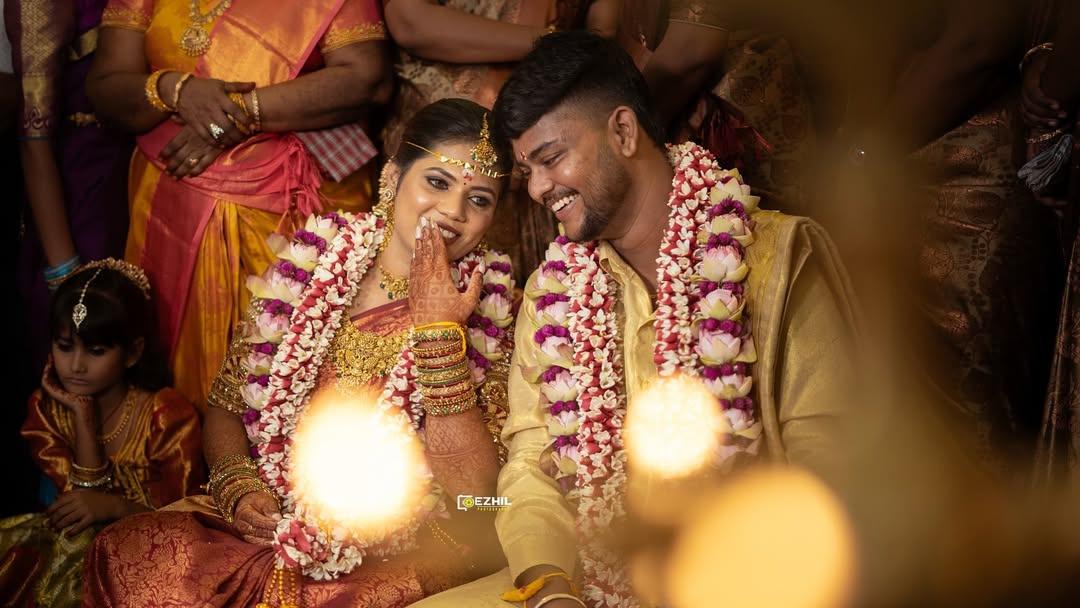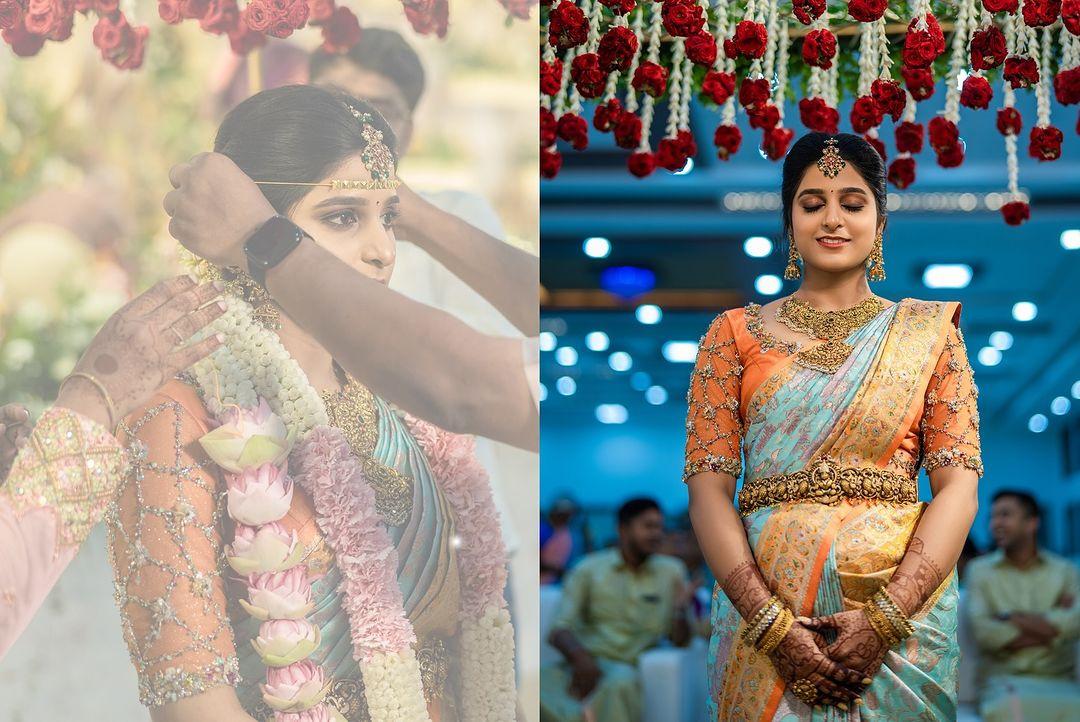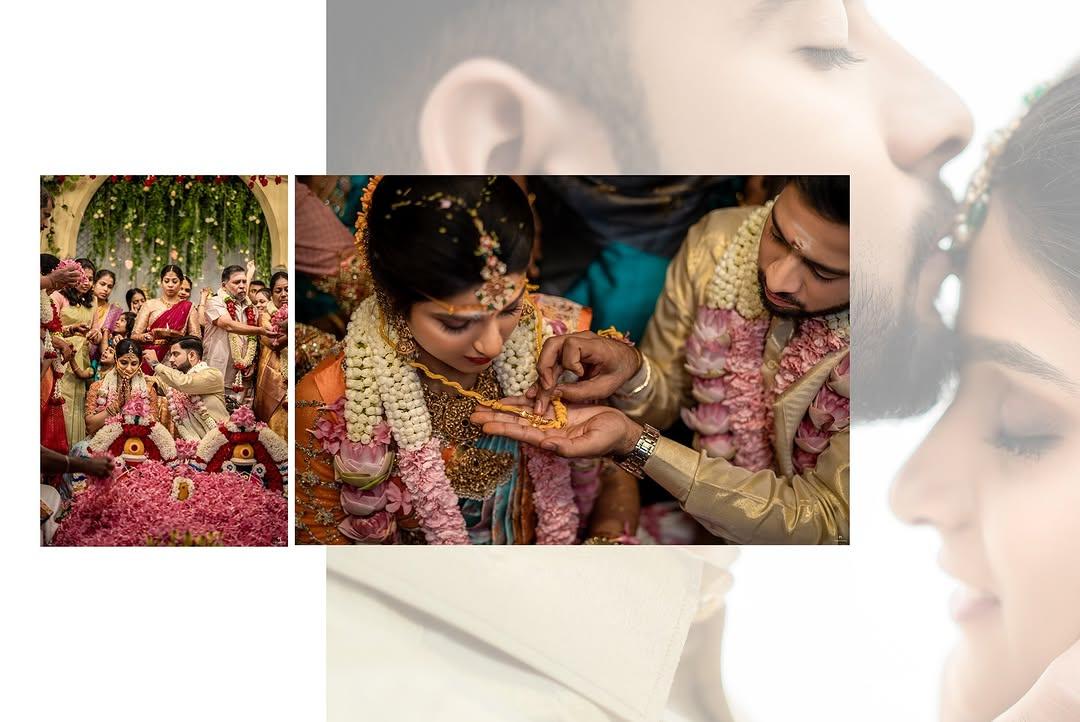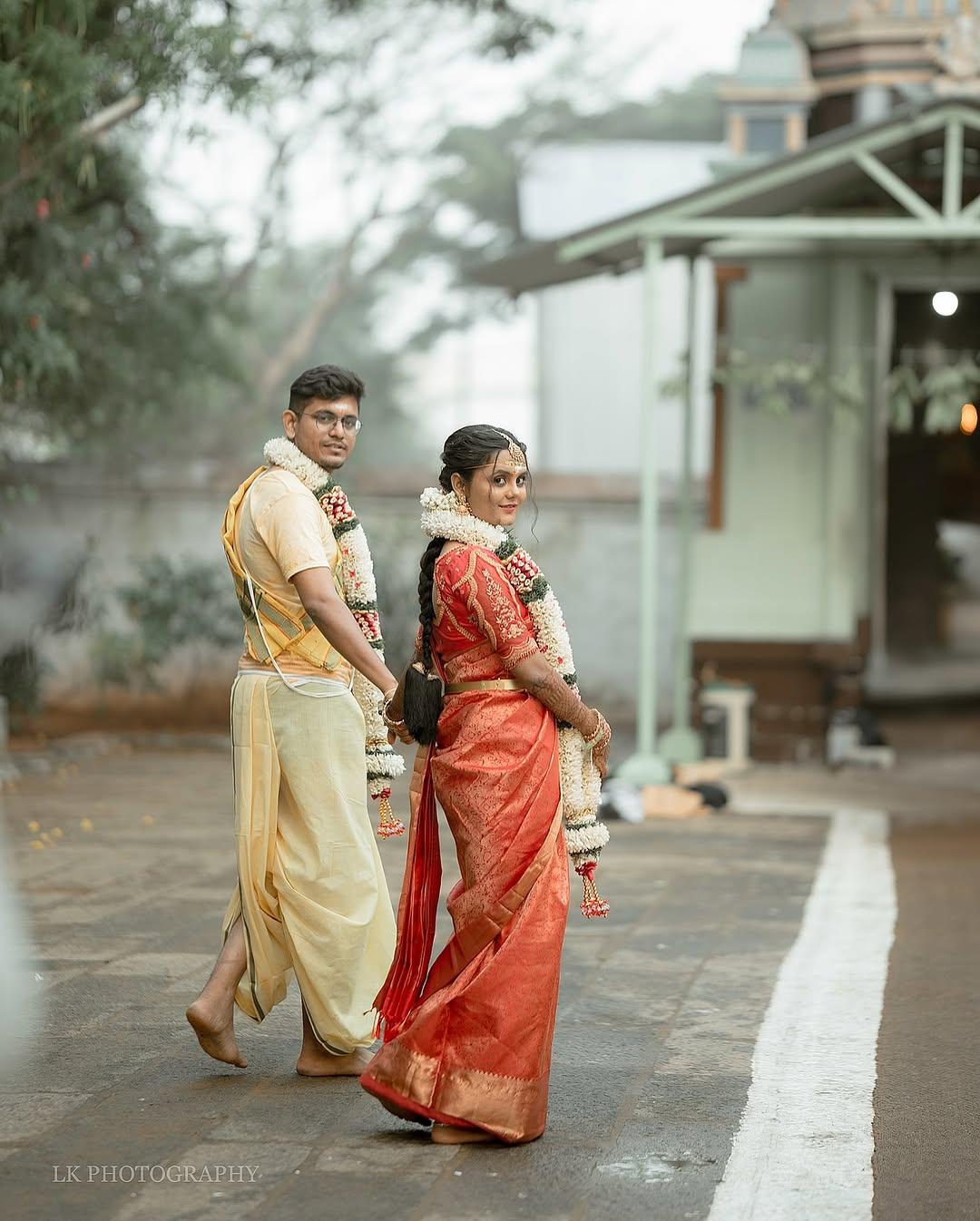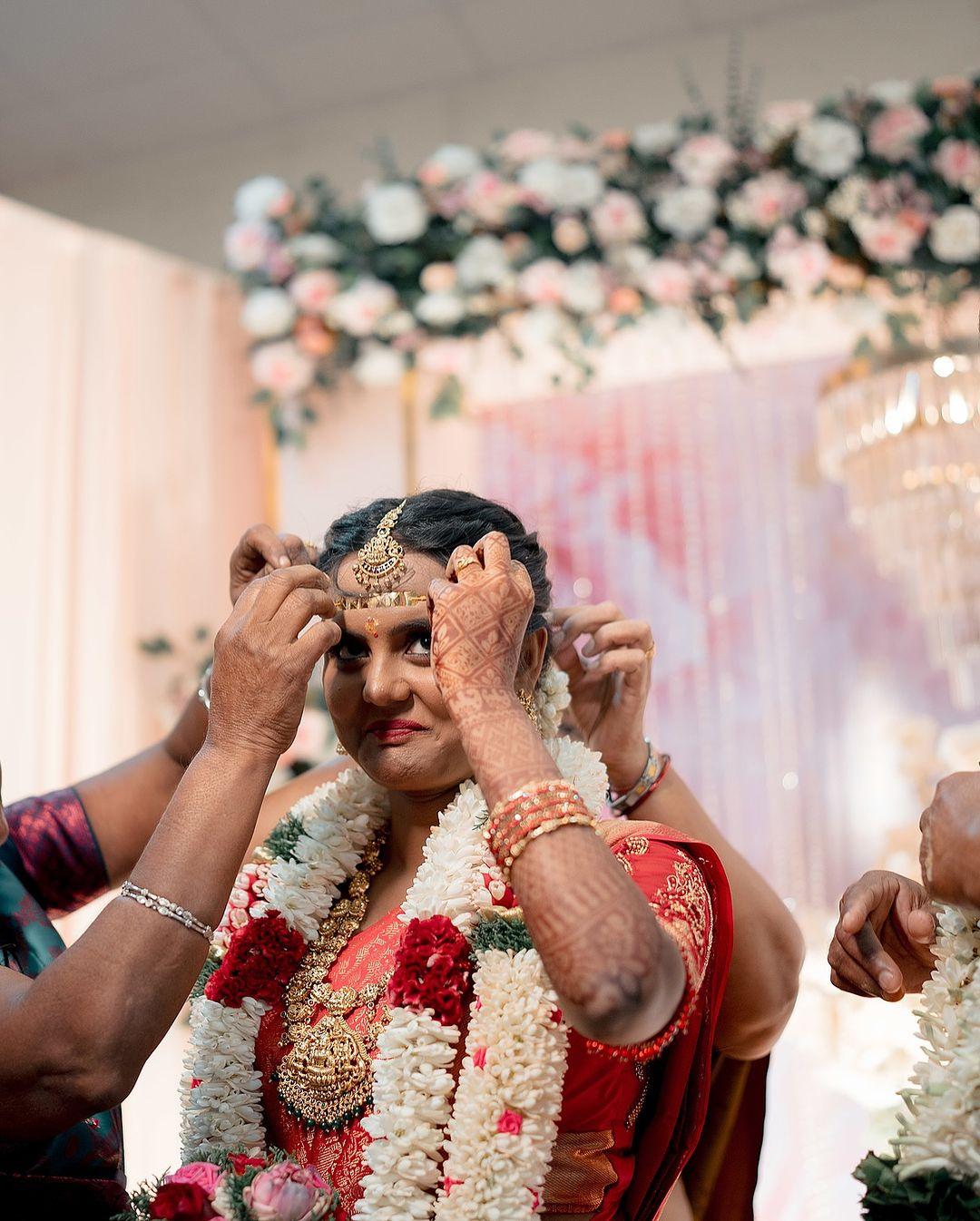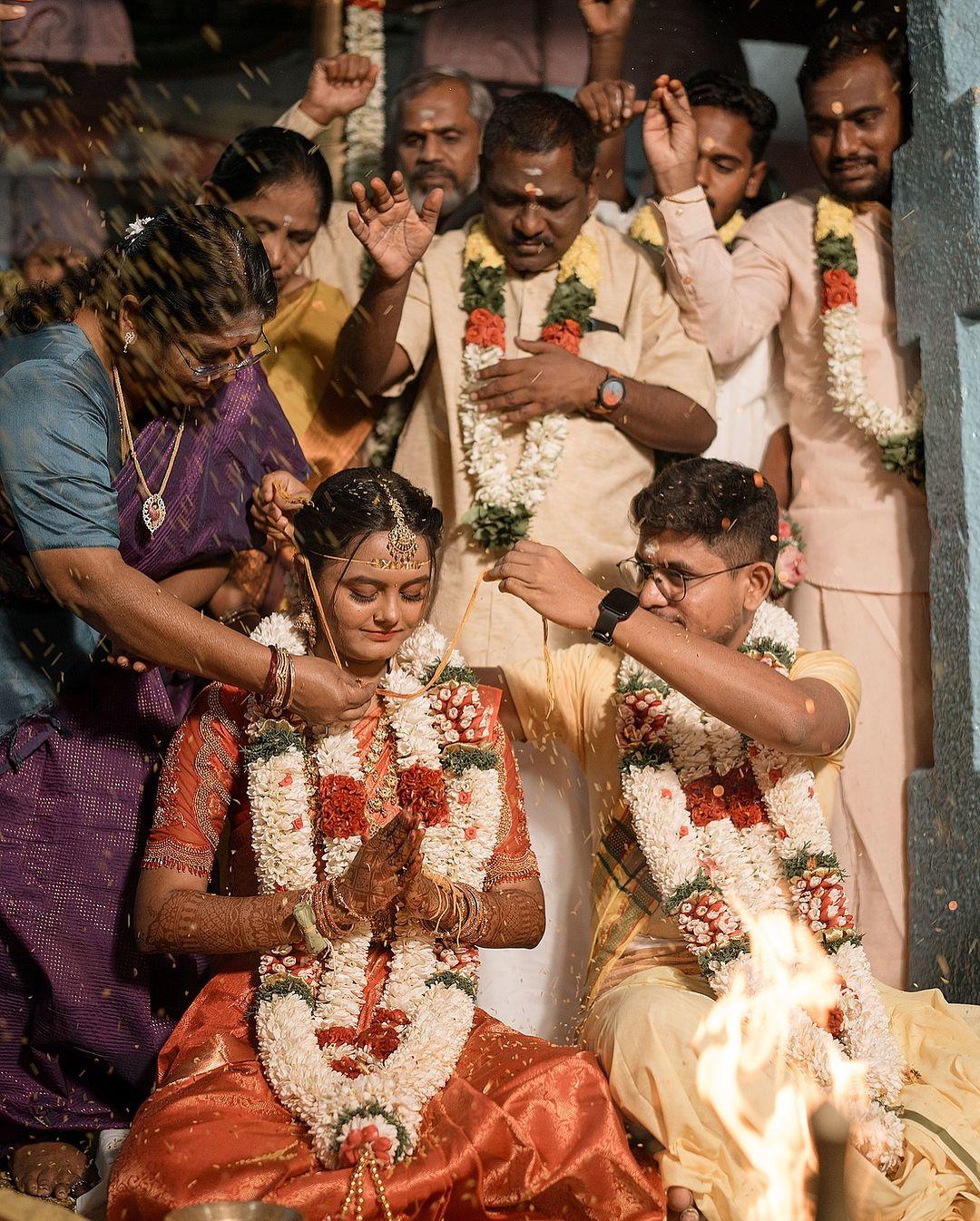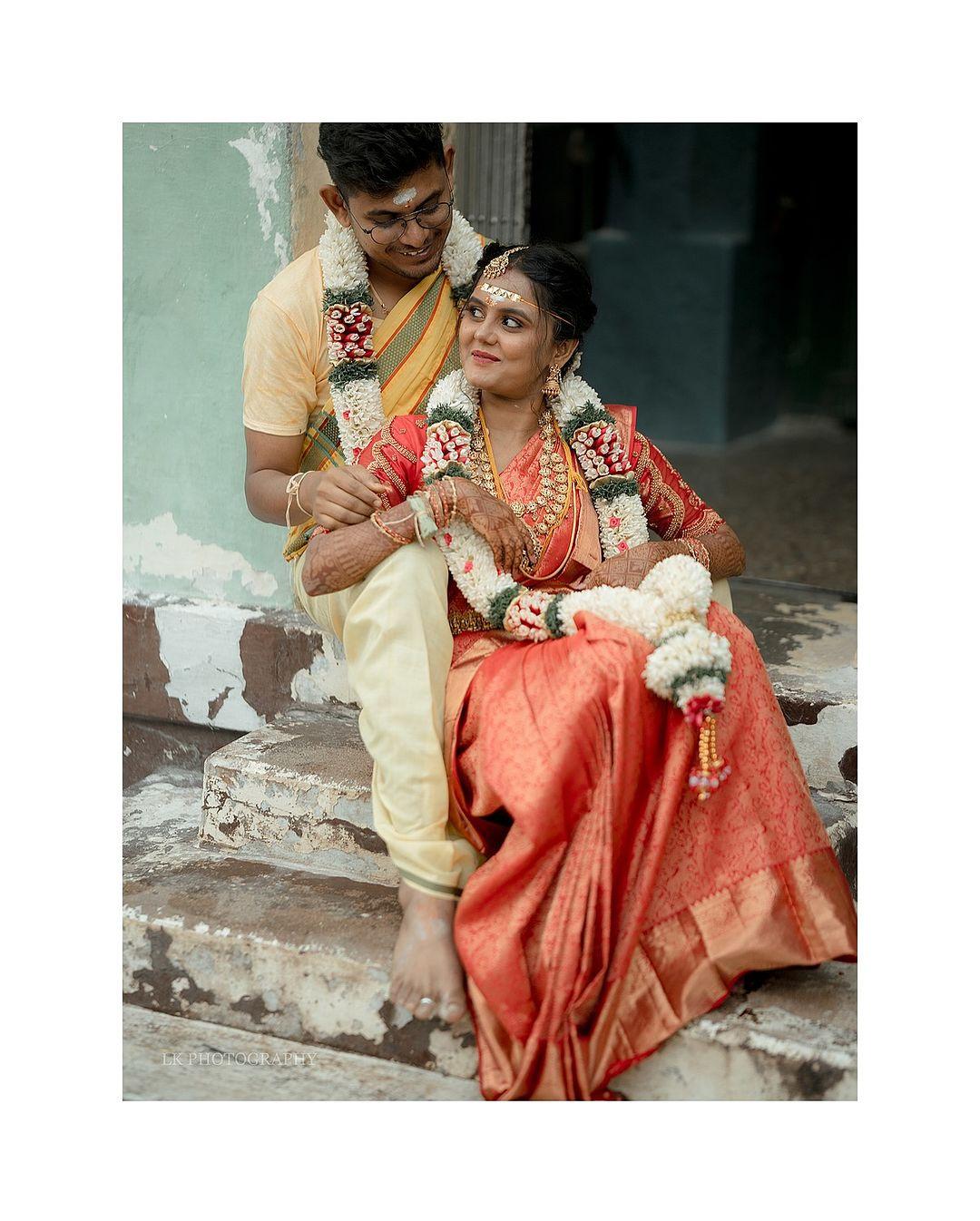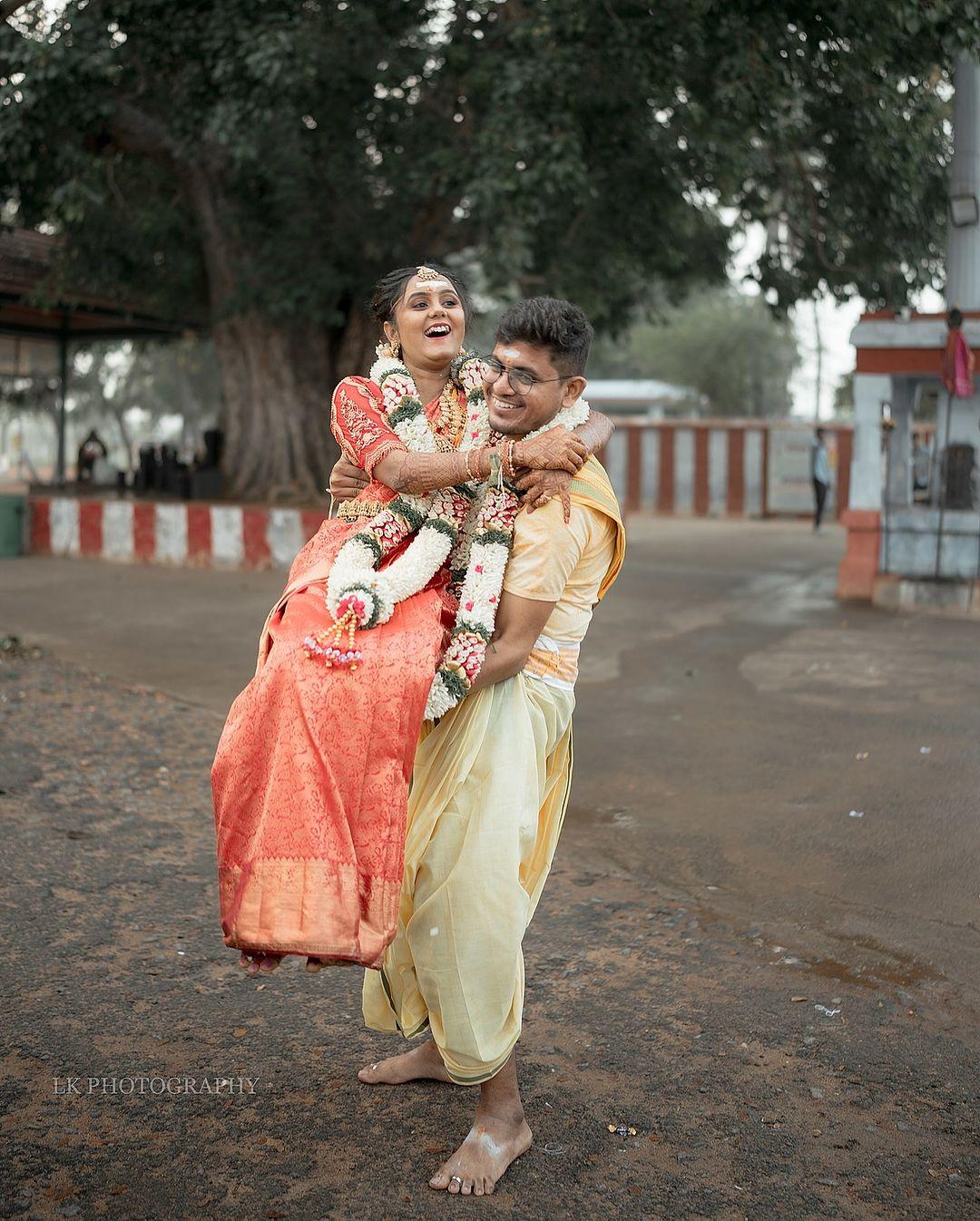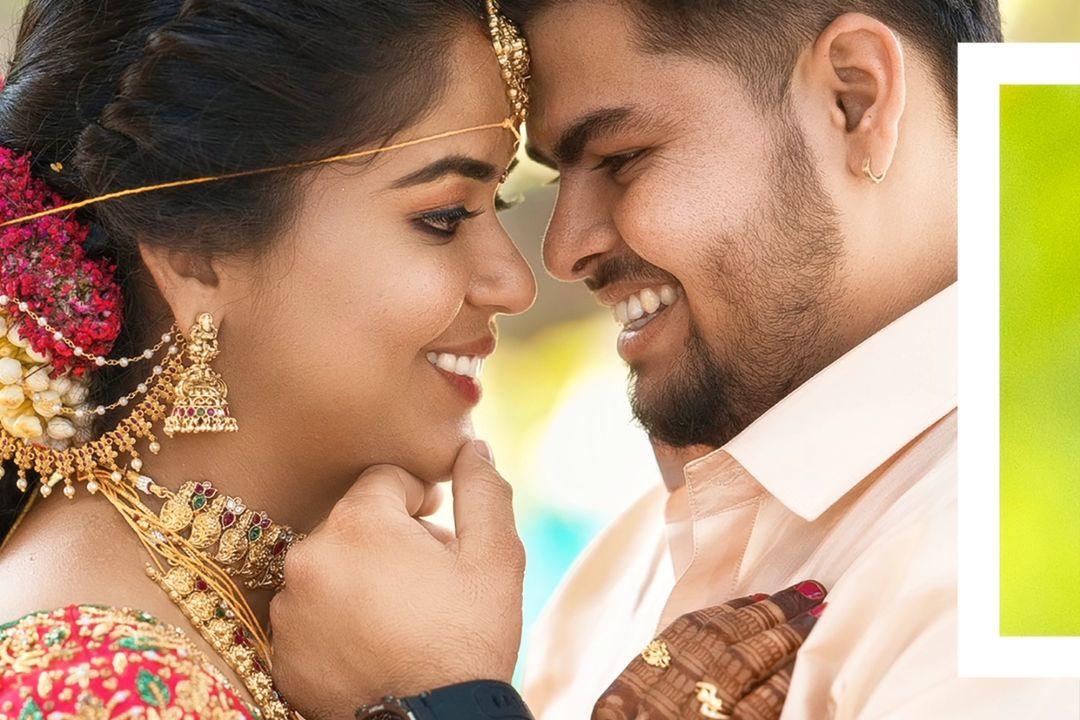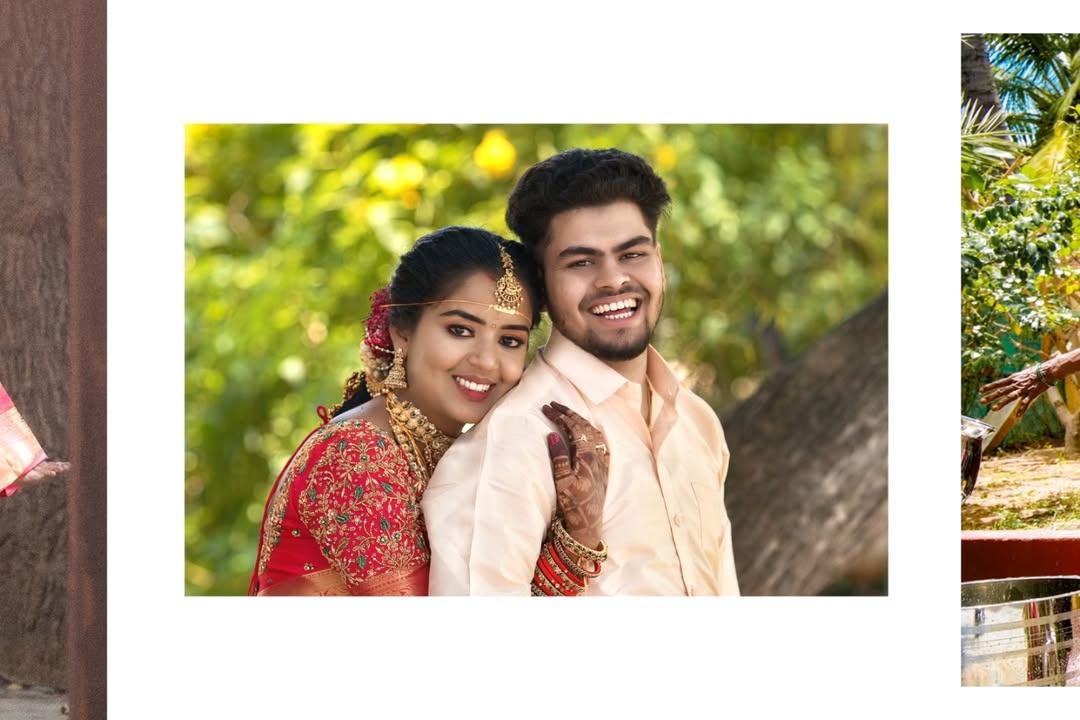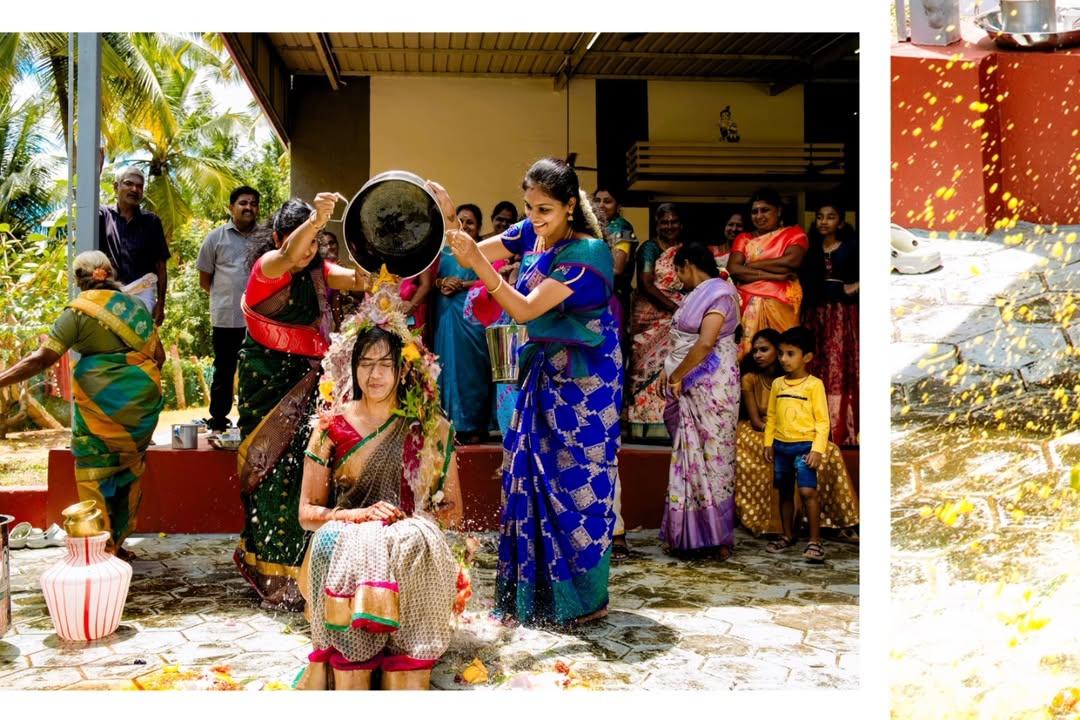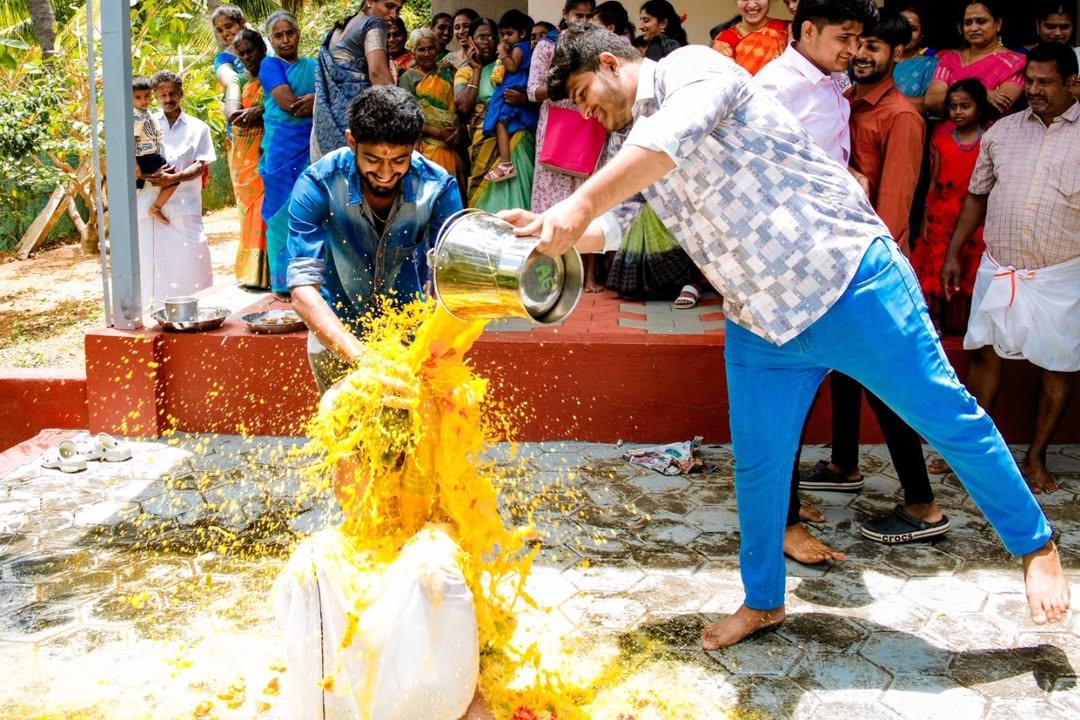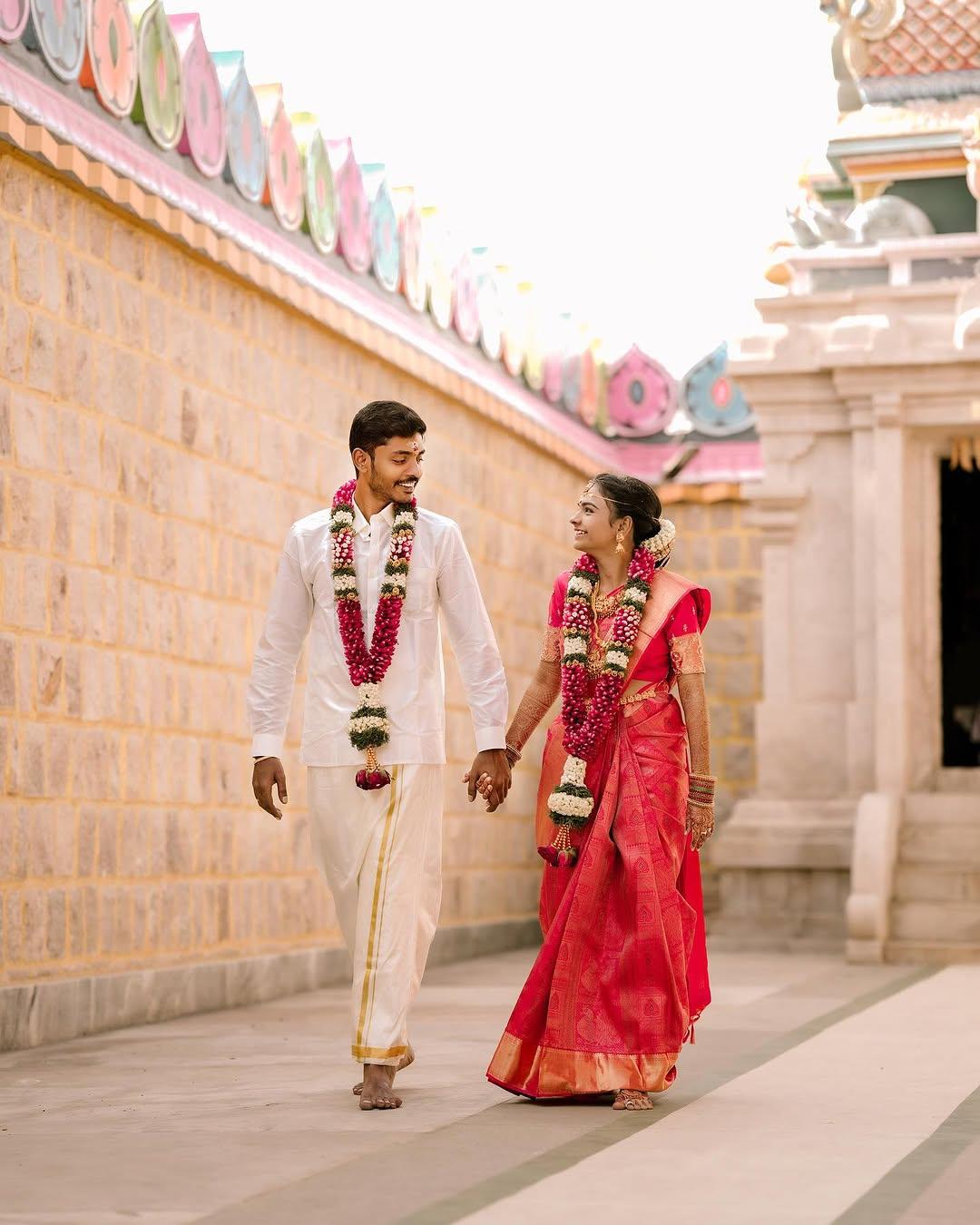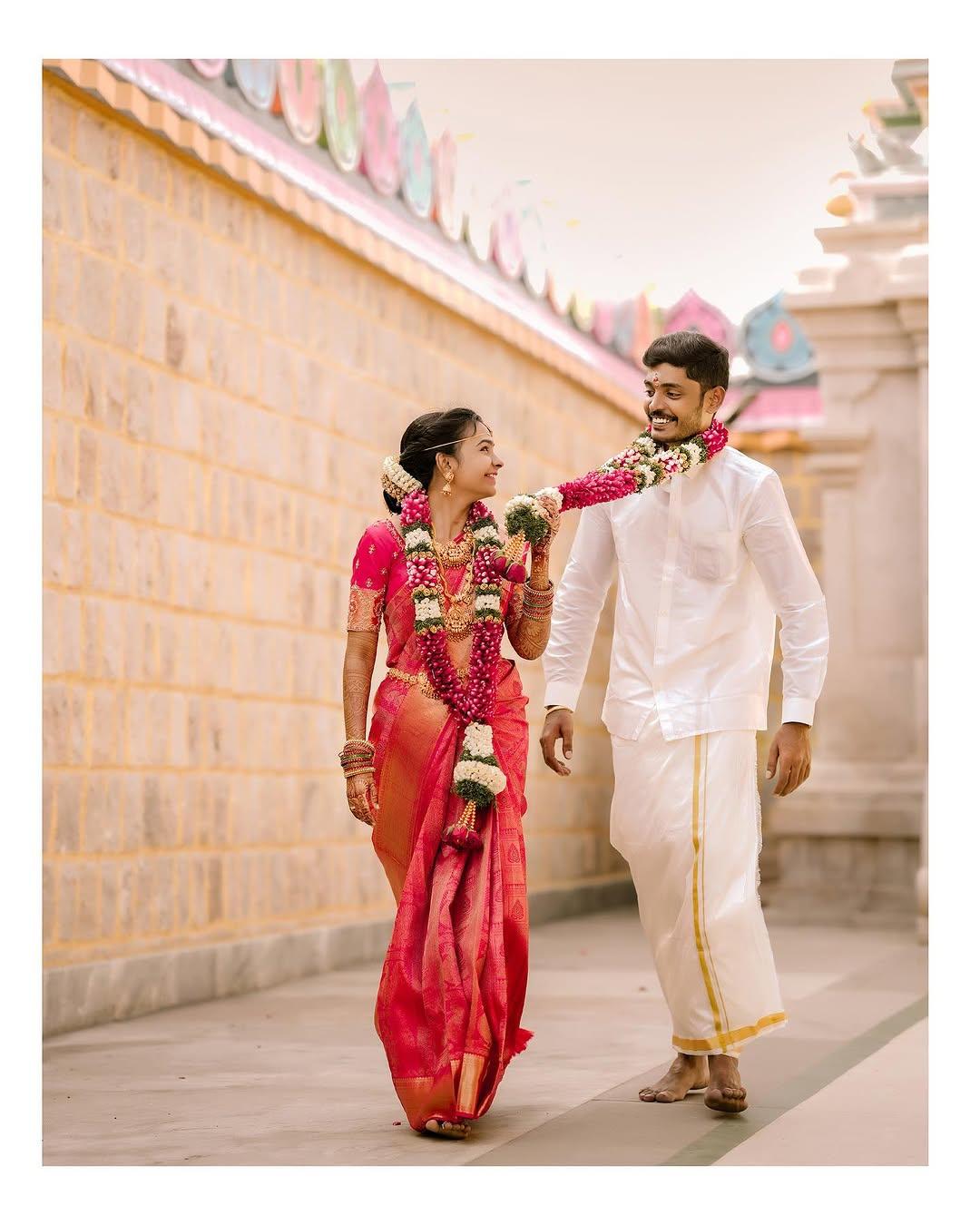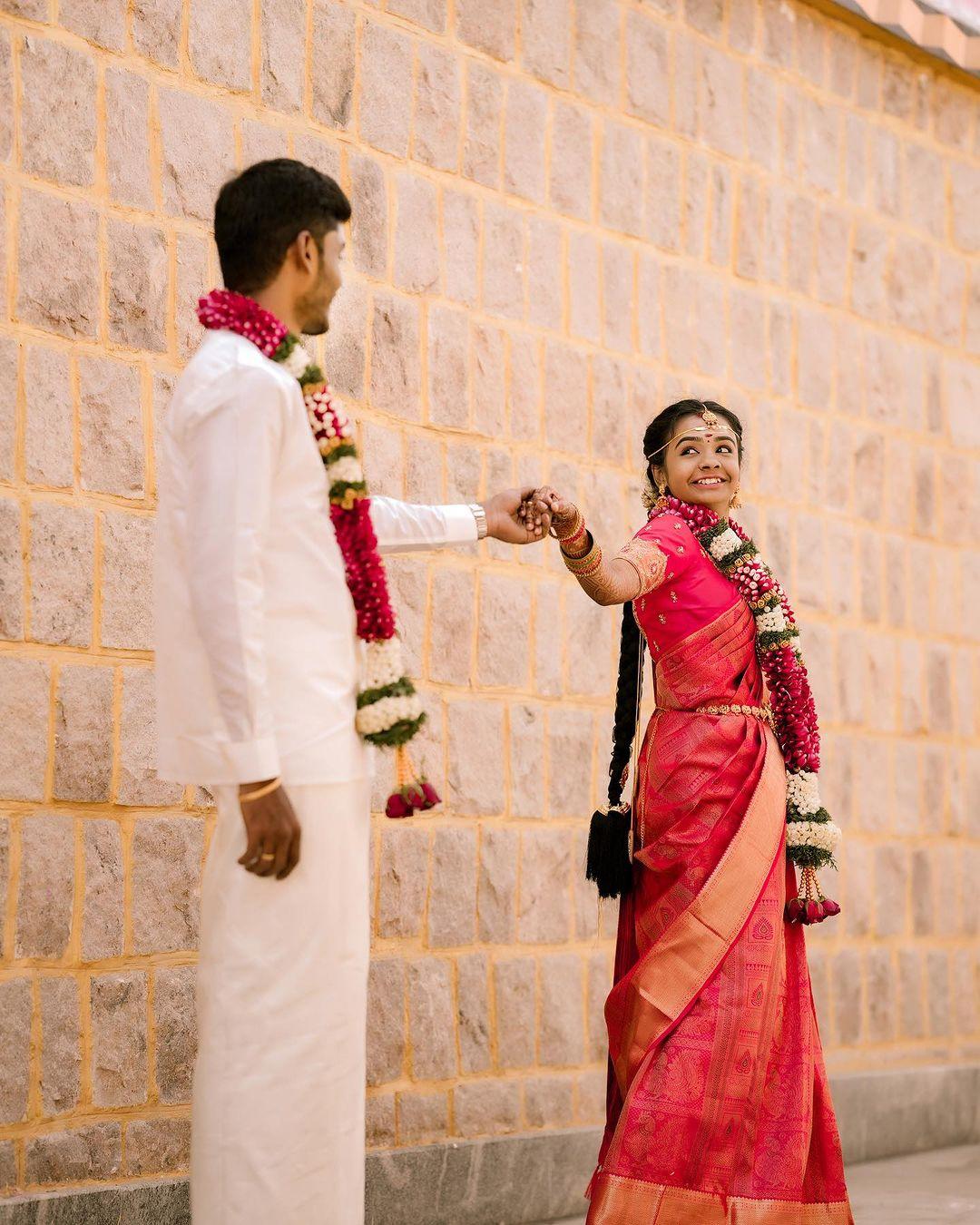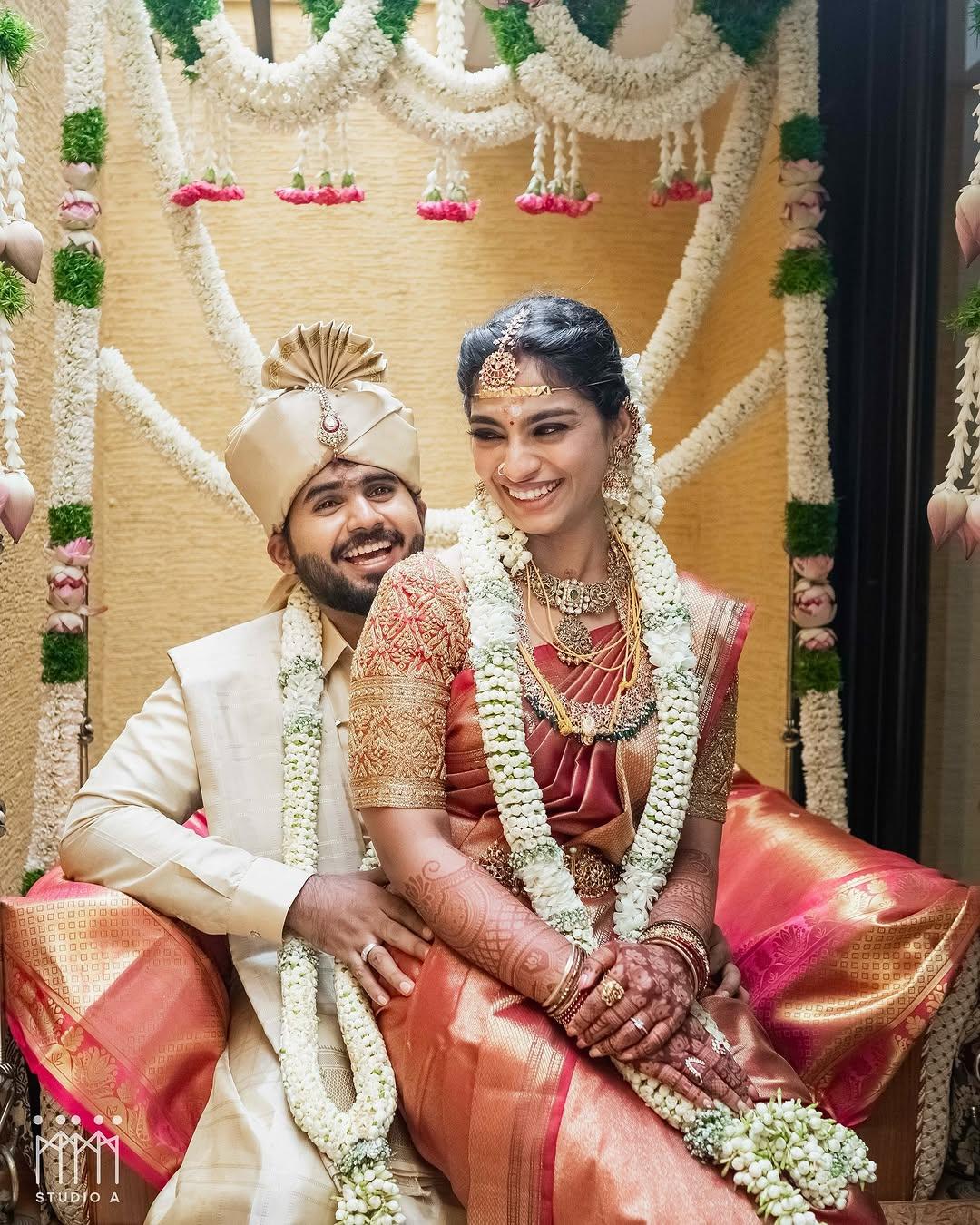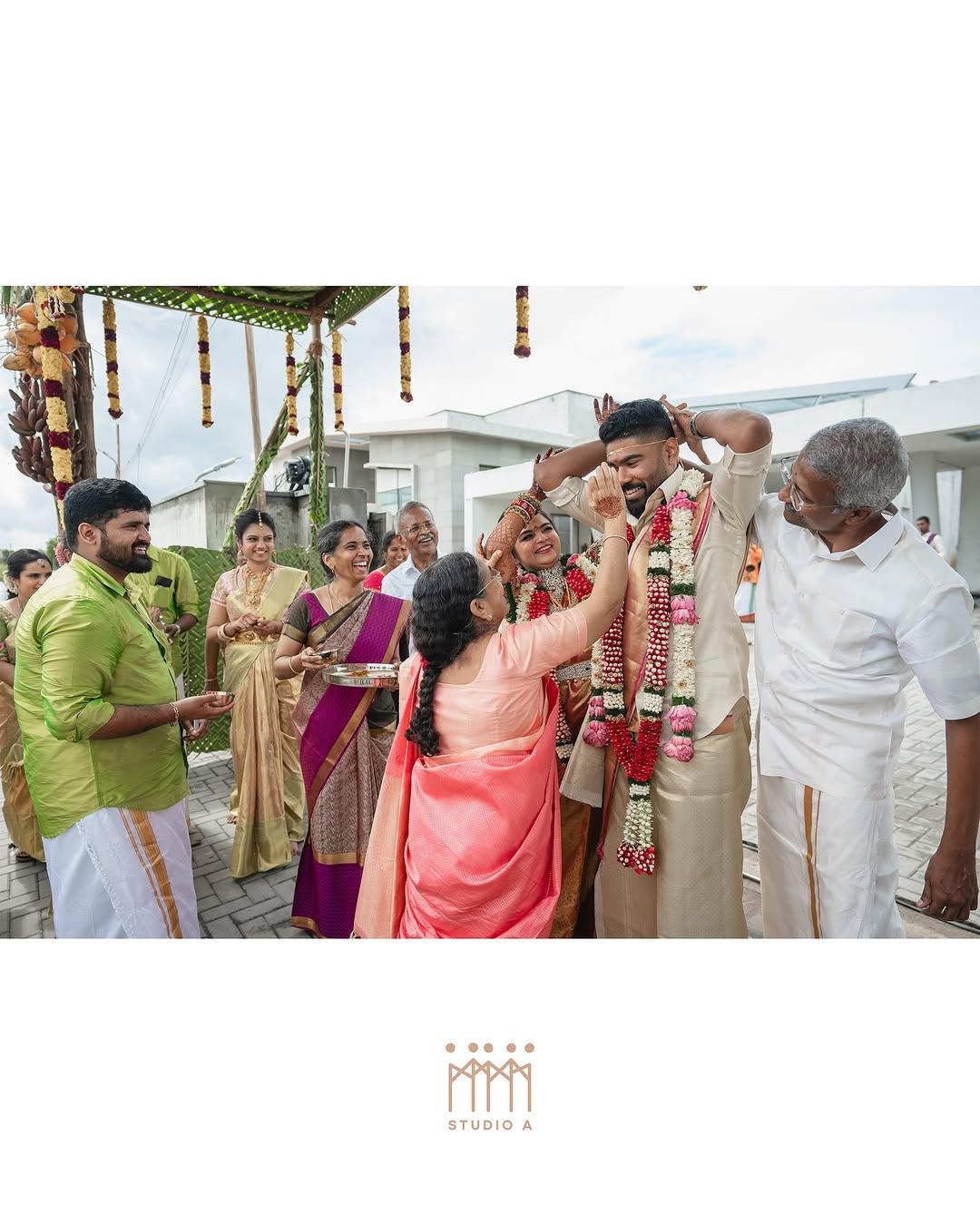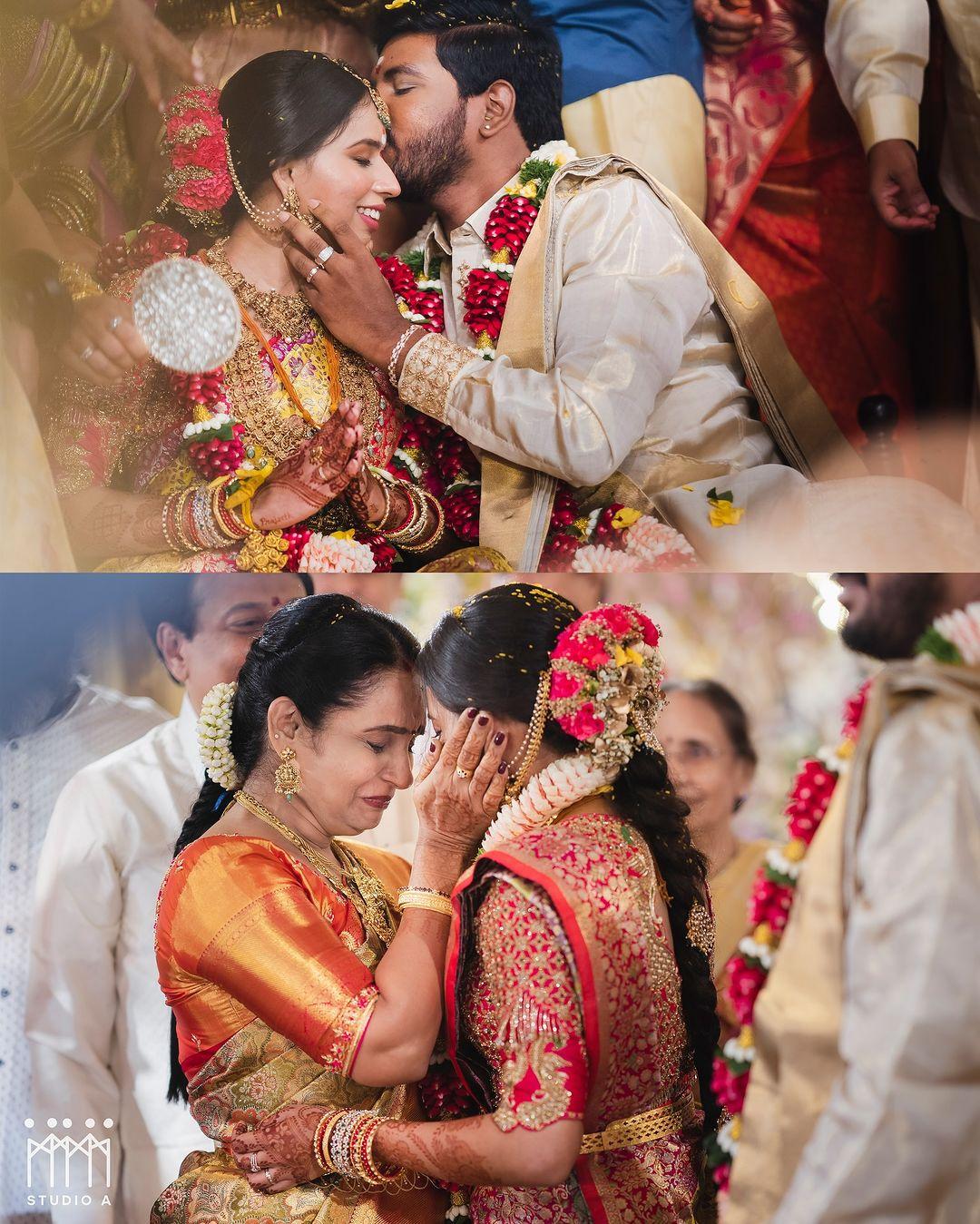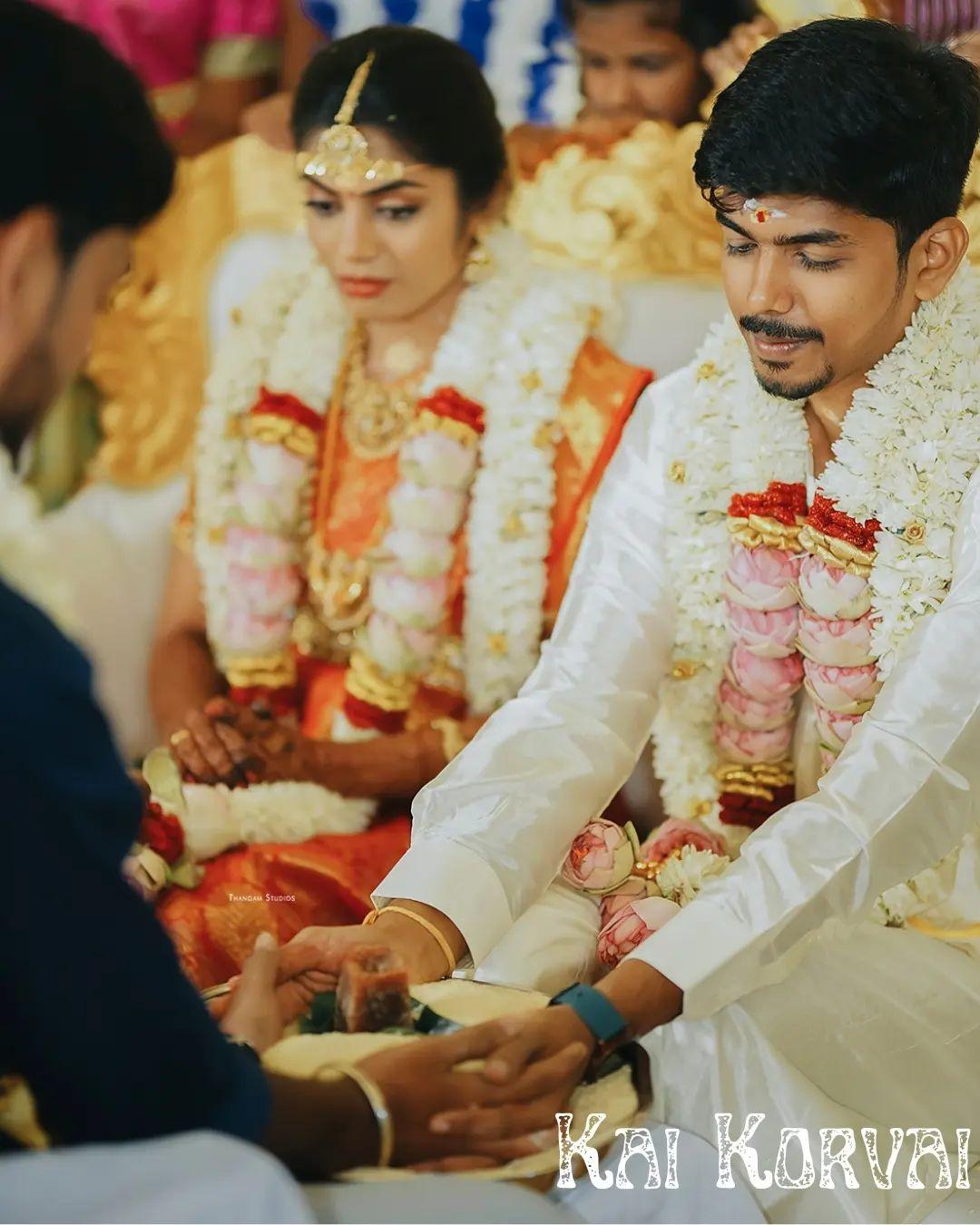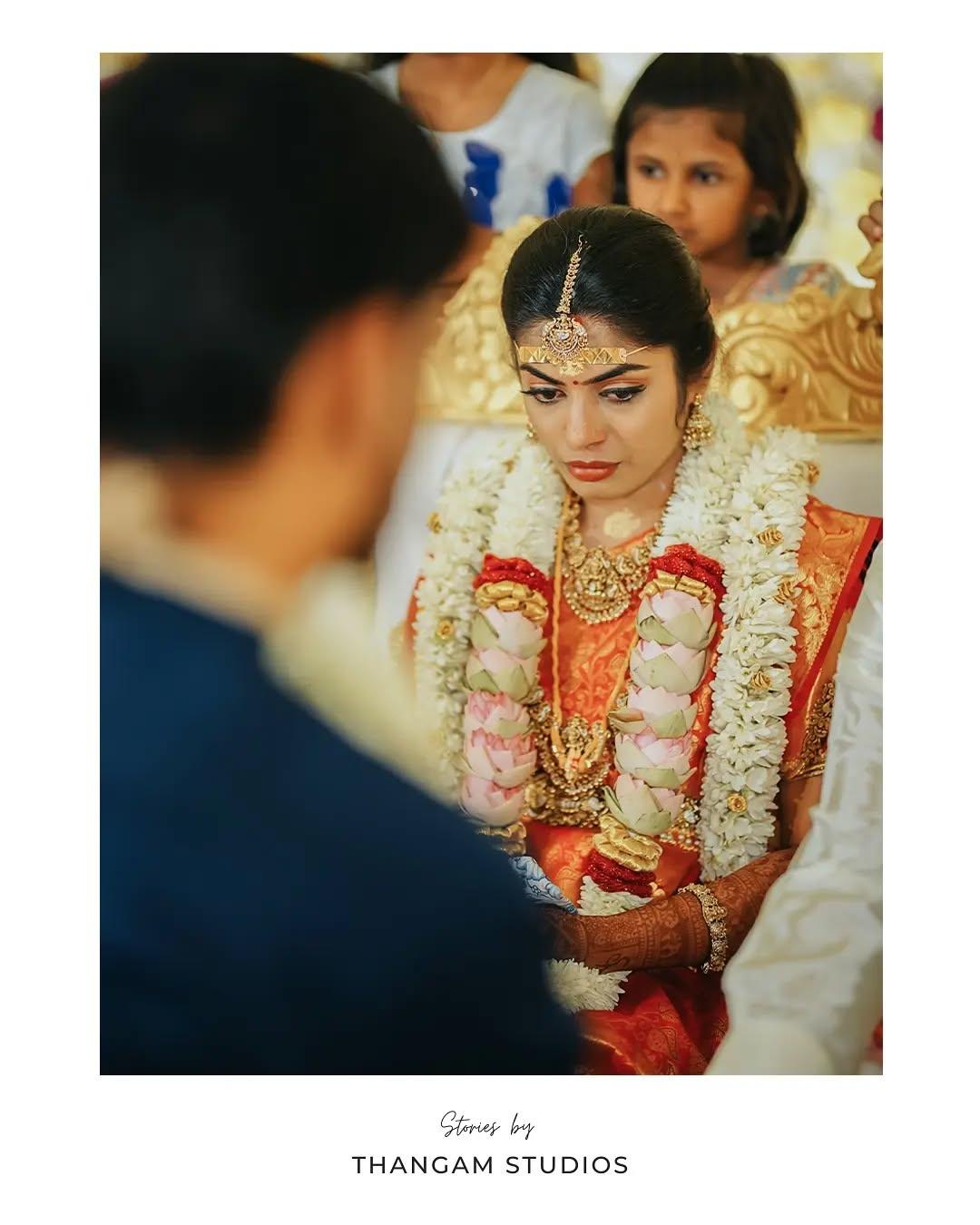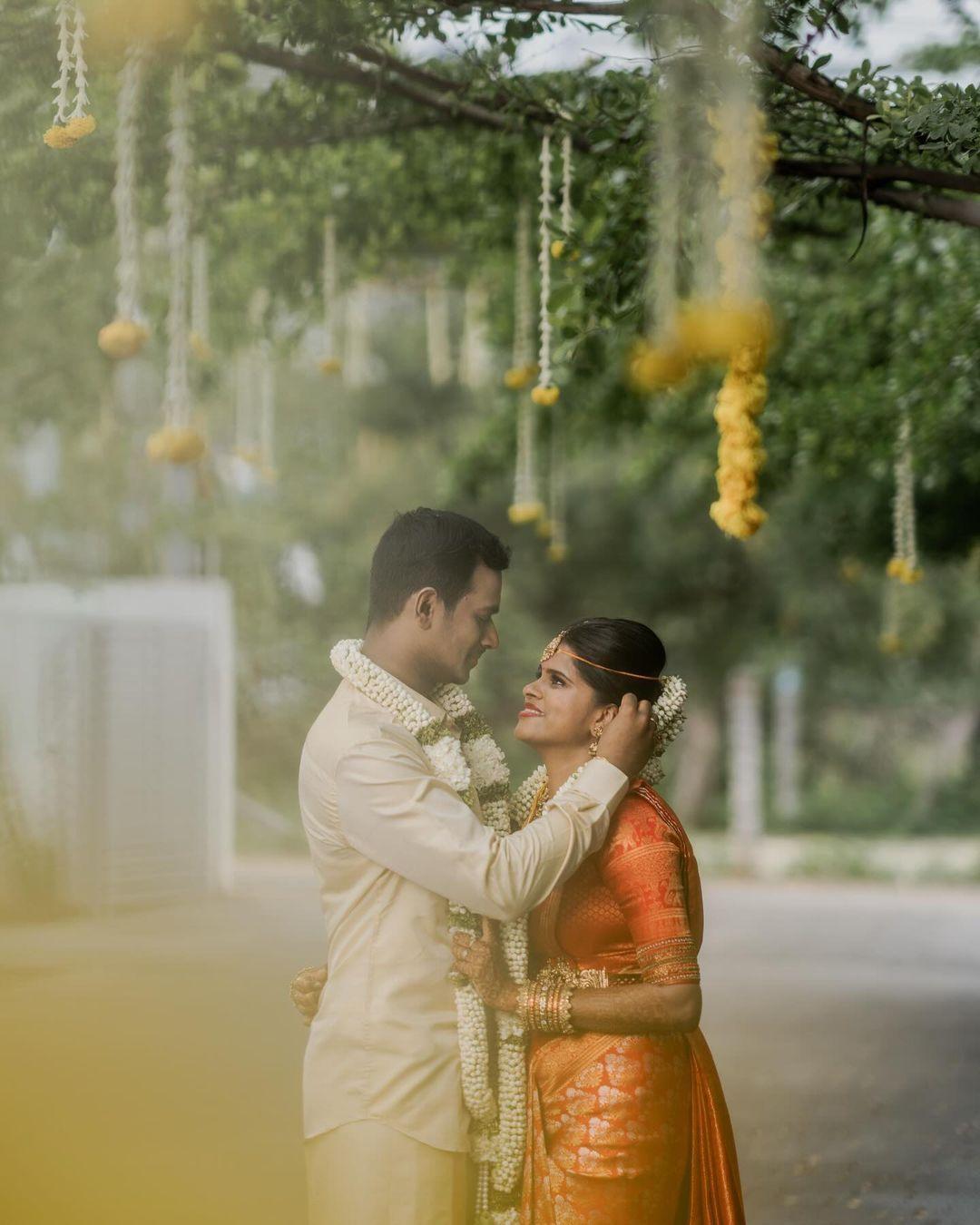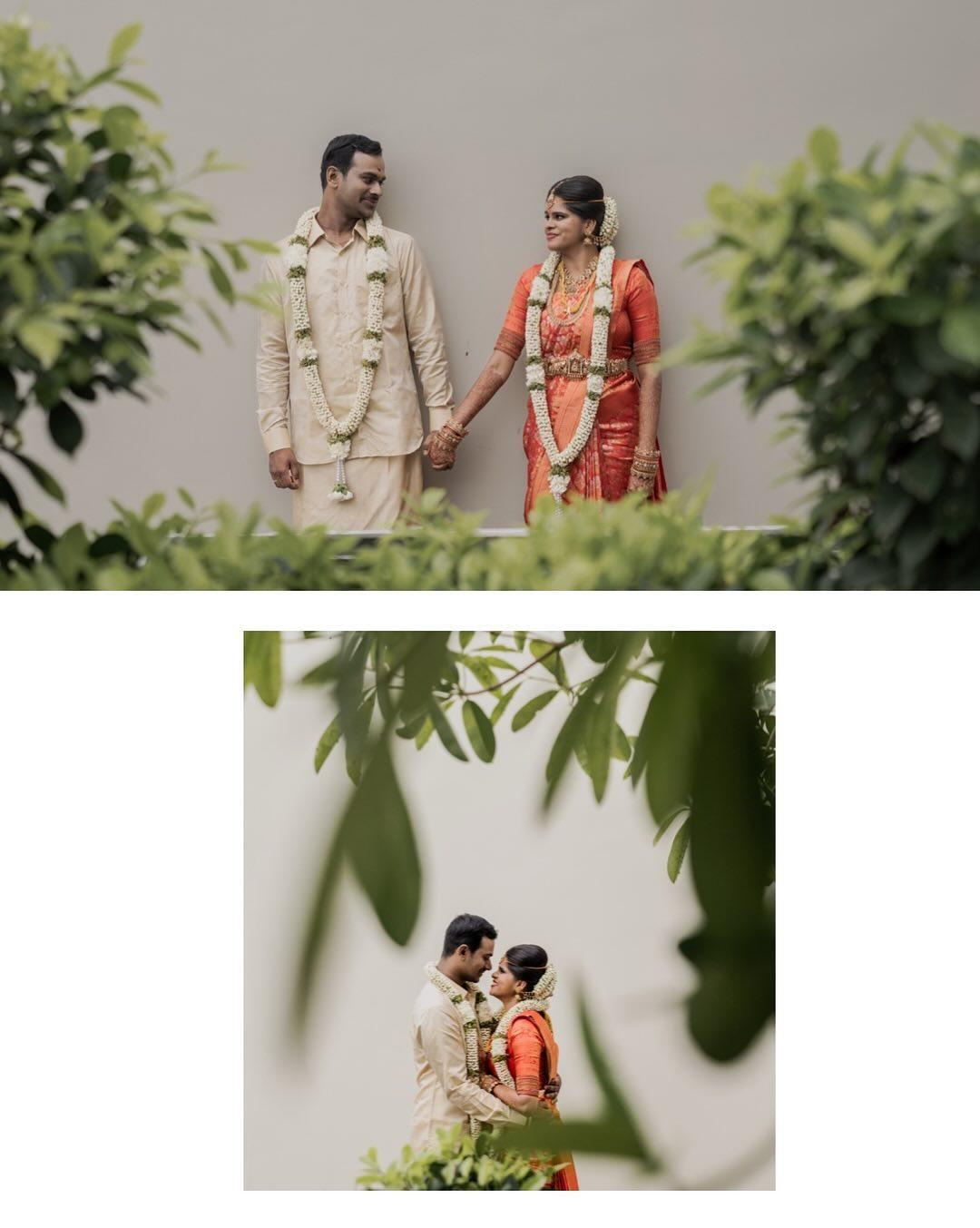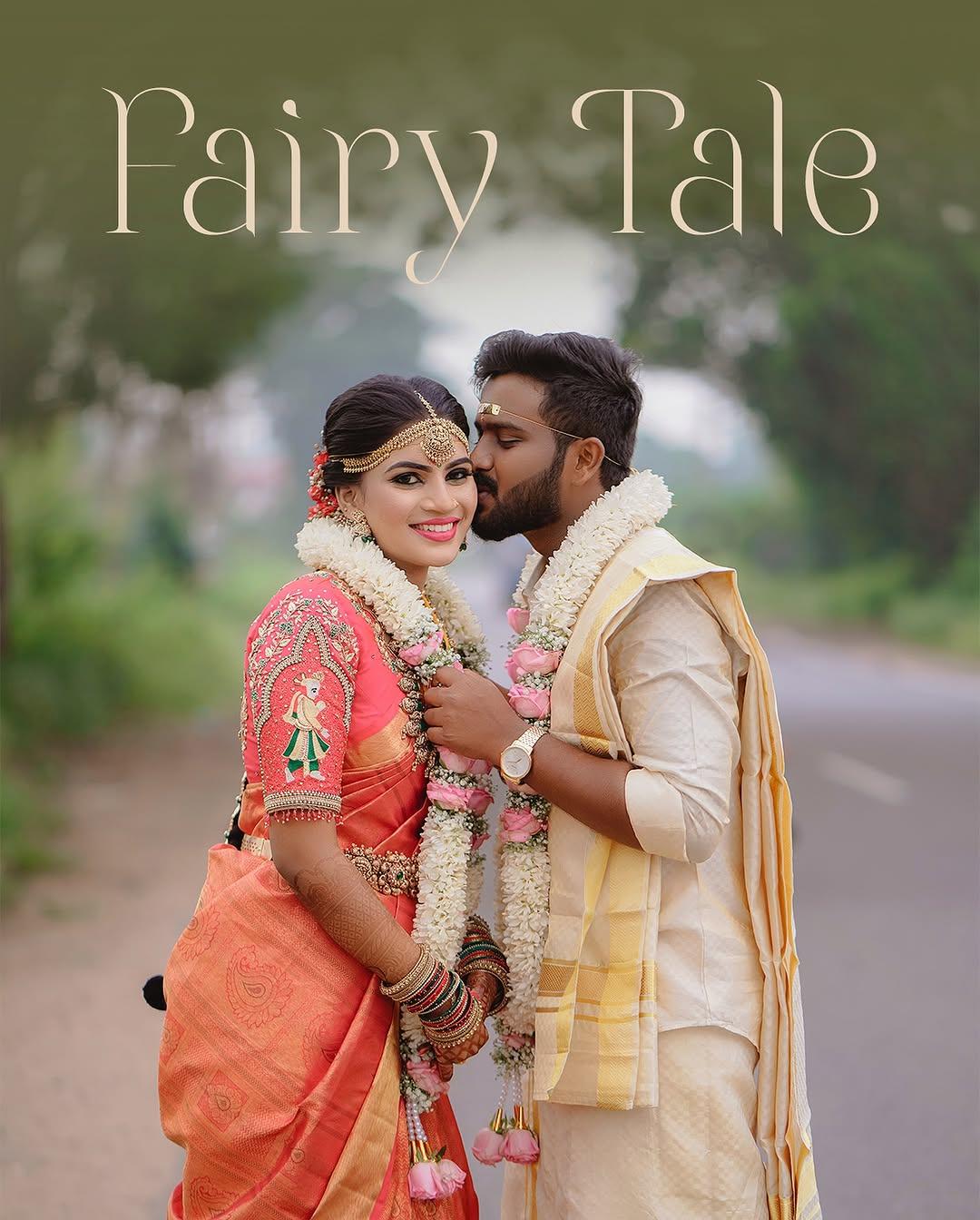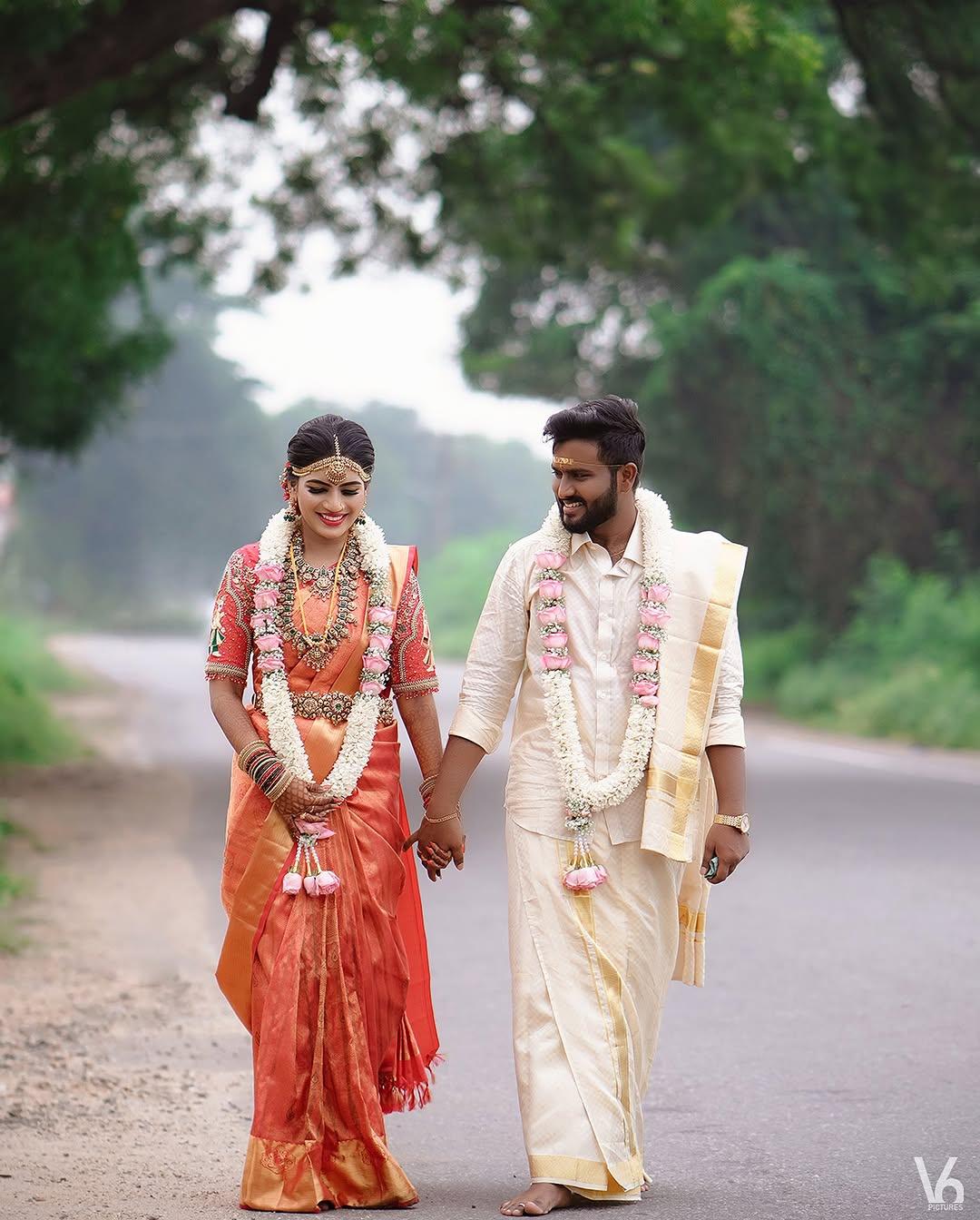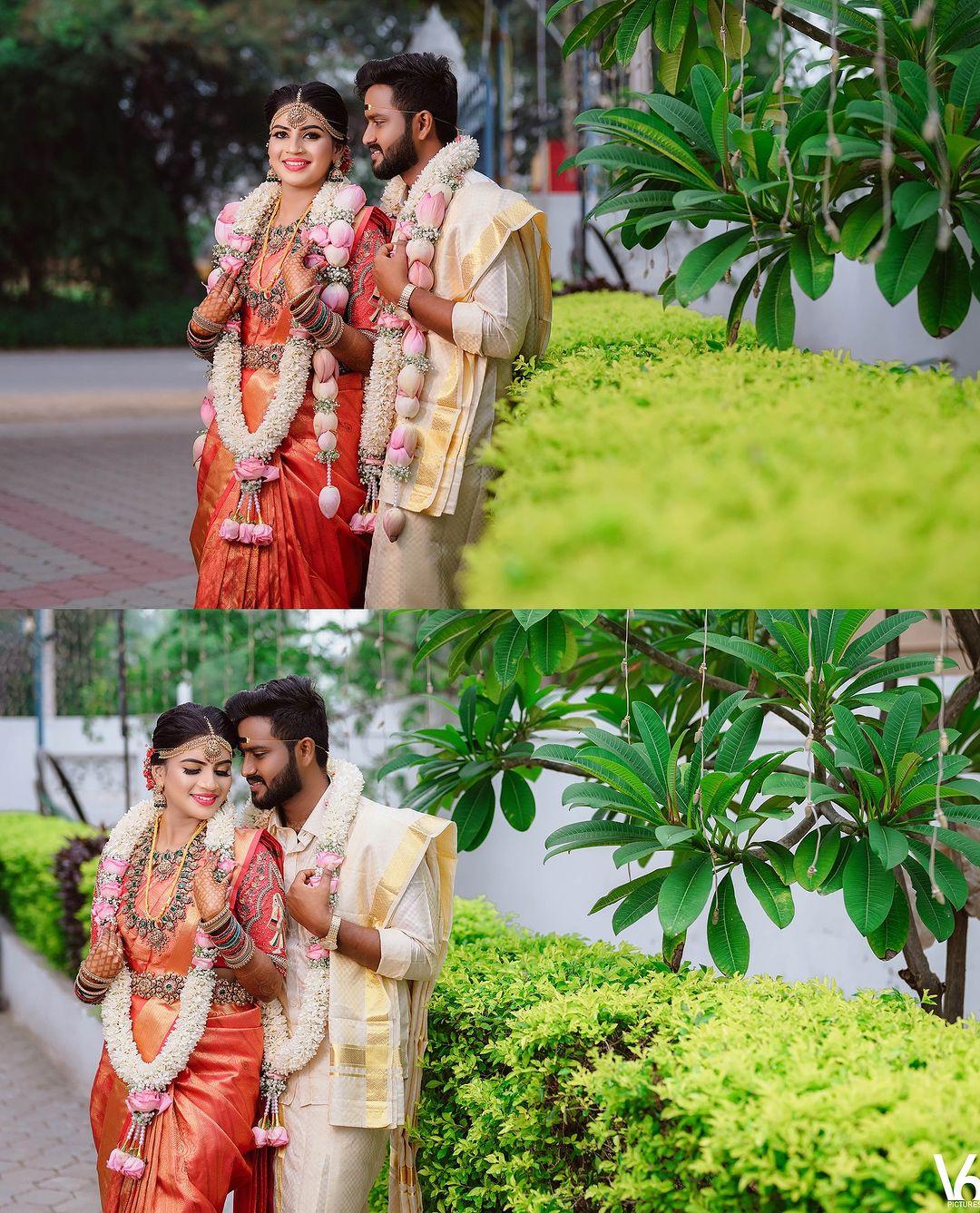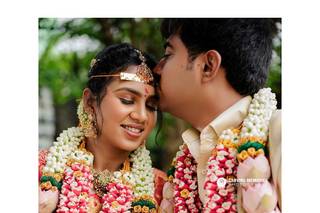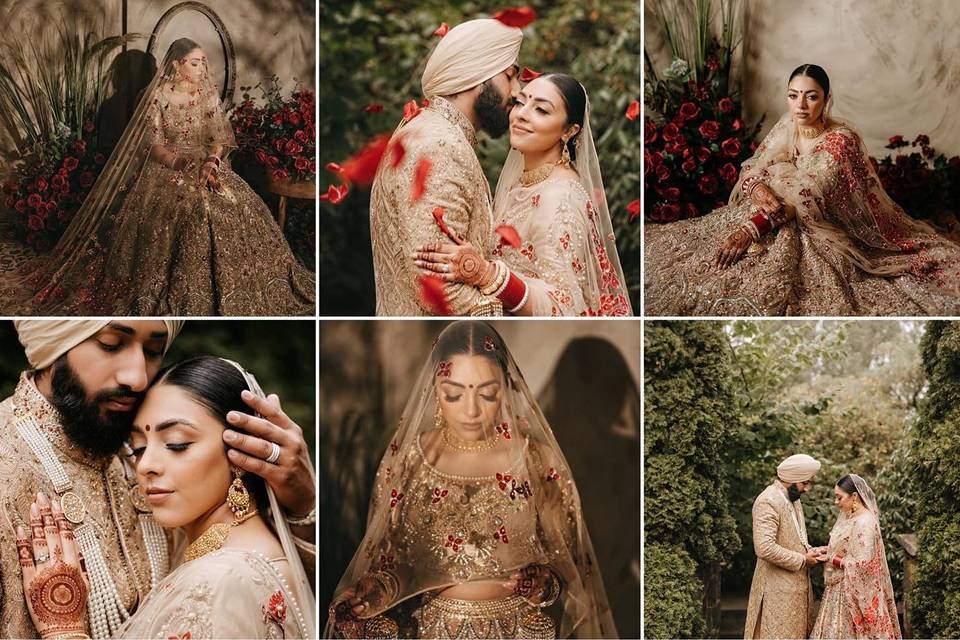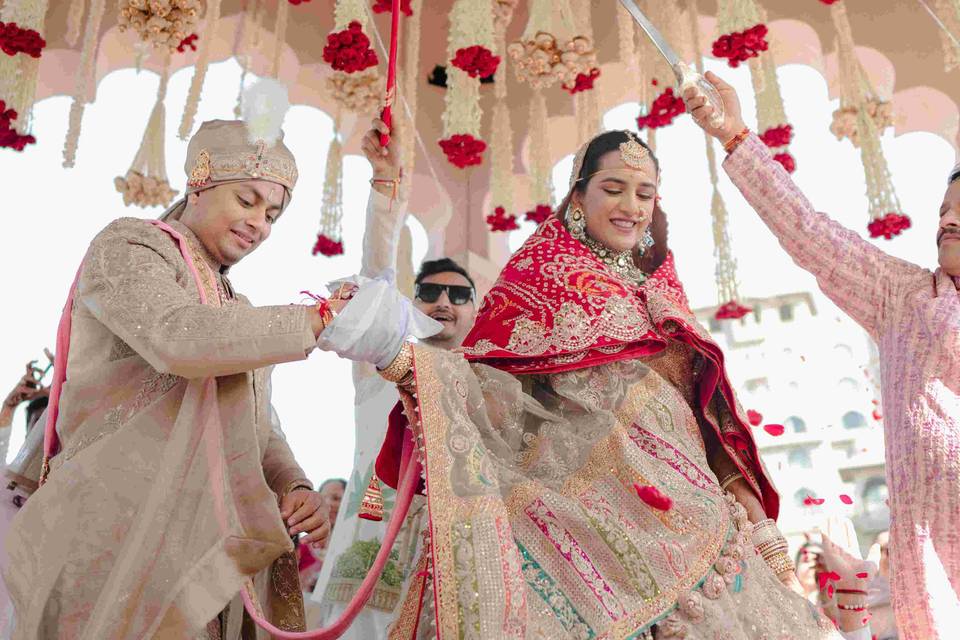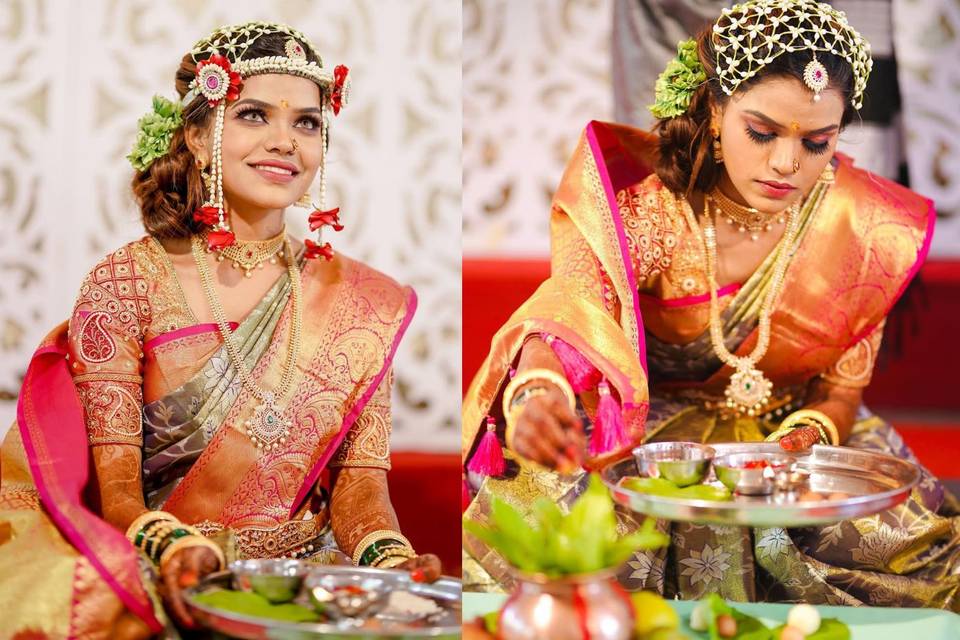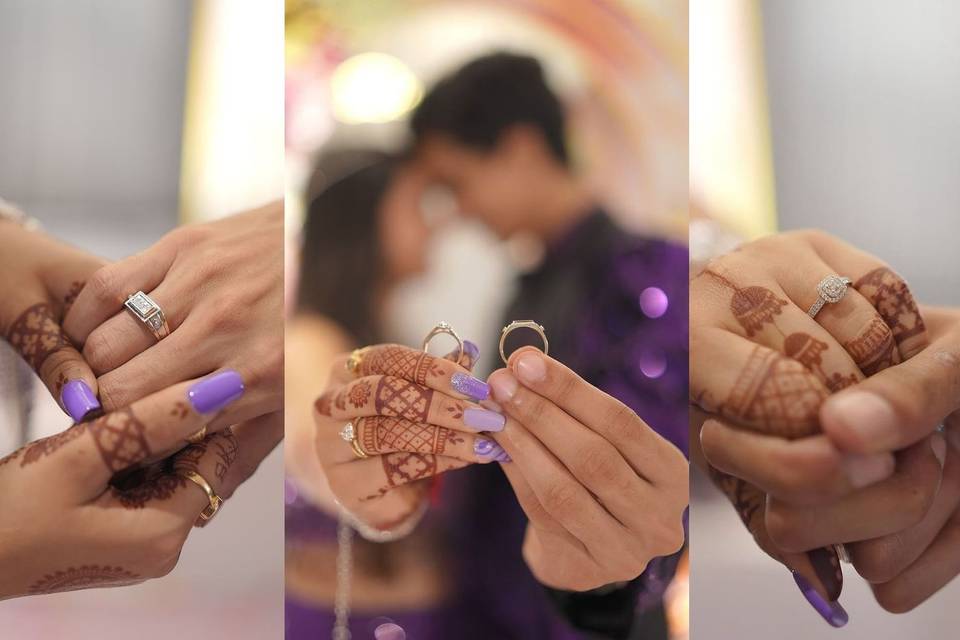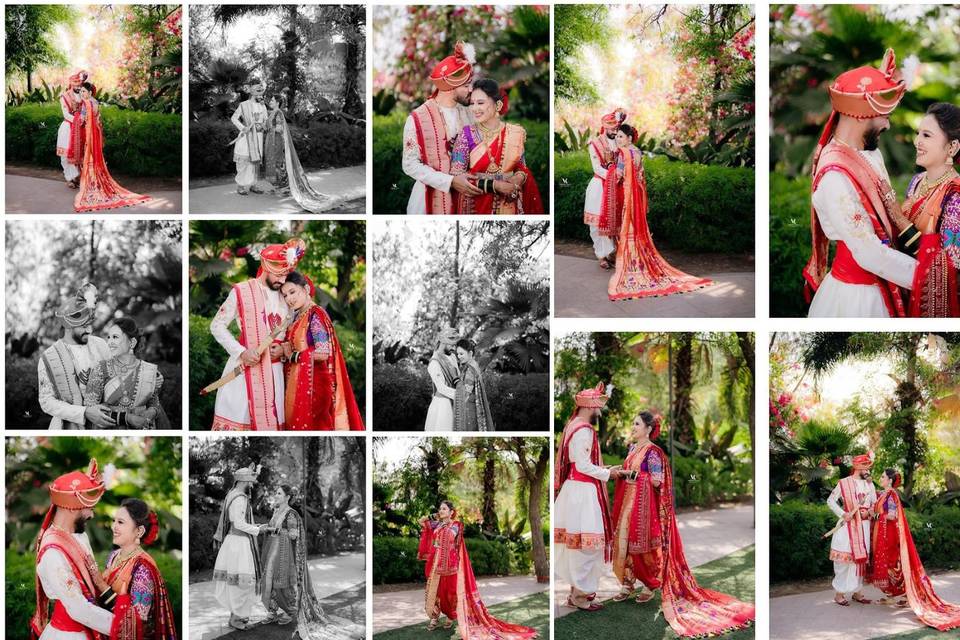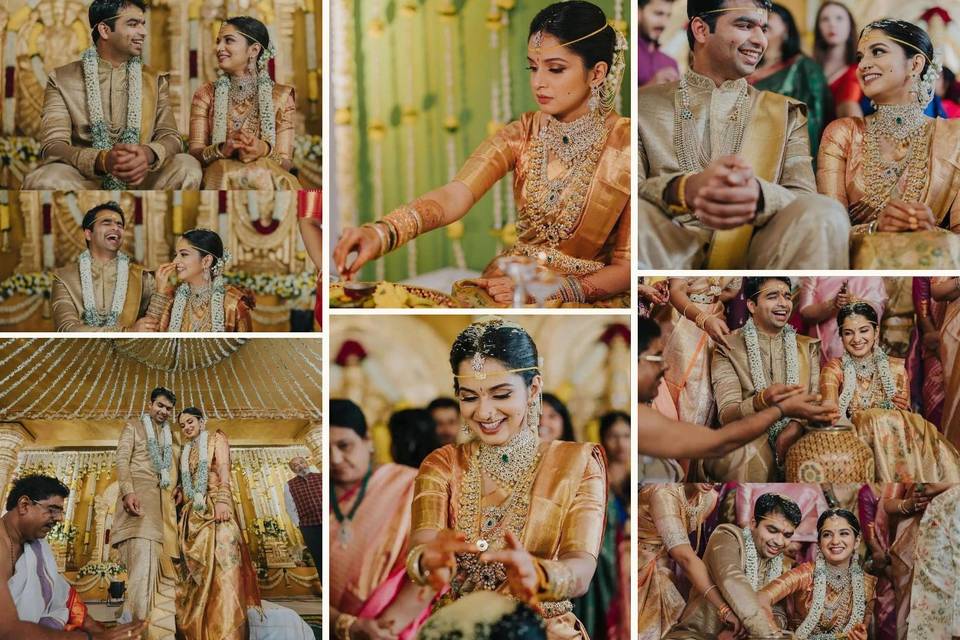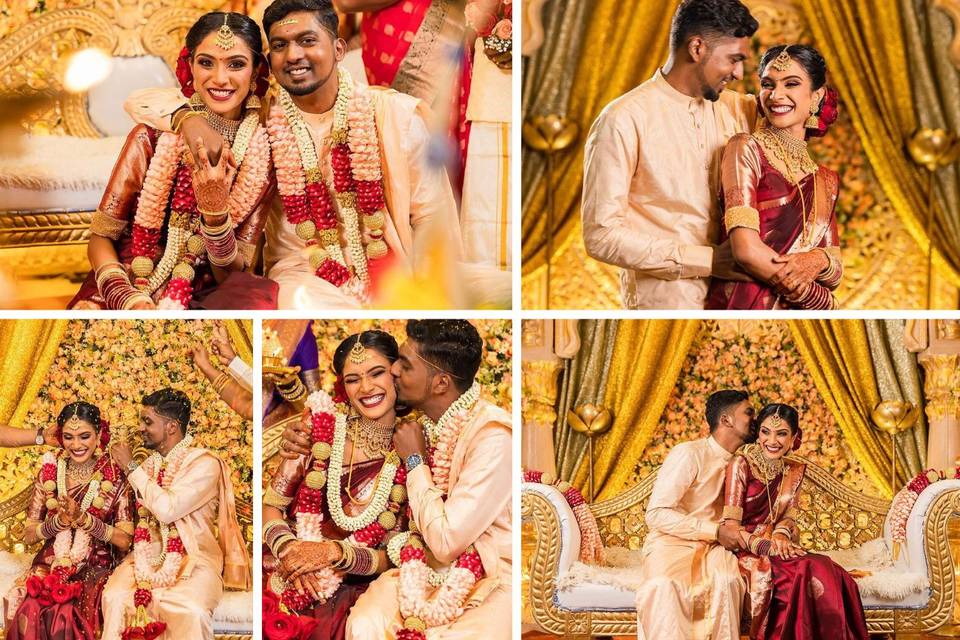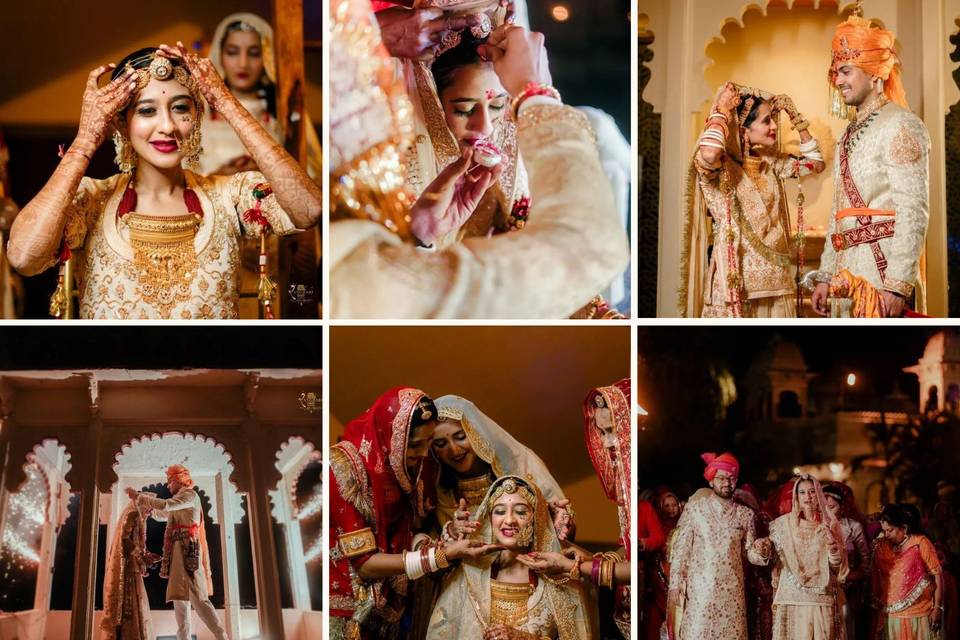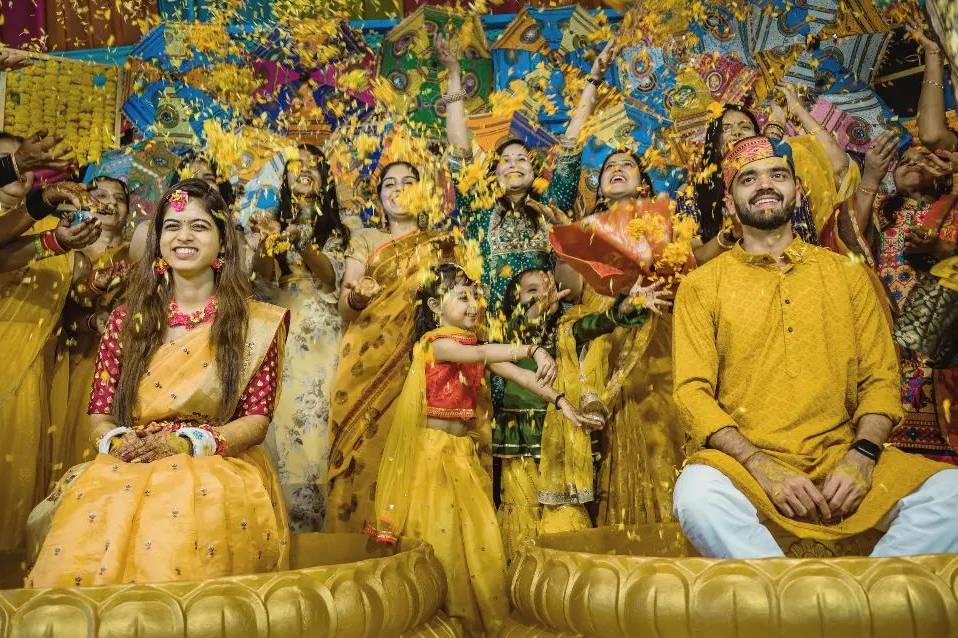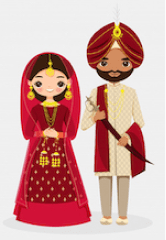Decoding Indian Weddings: Sacred Rituals of a Kongu Wedding
Discover the rich tradition, culture, and sacred customs of Kongu wedding rituals of Tamil Nadu.
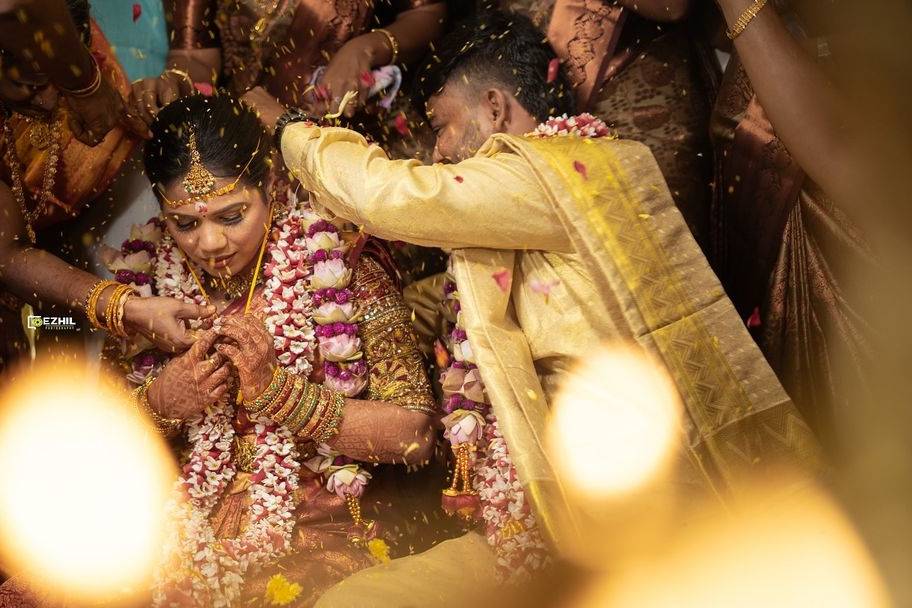
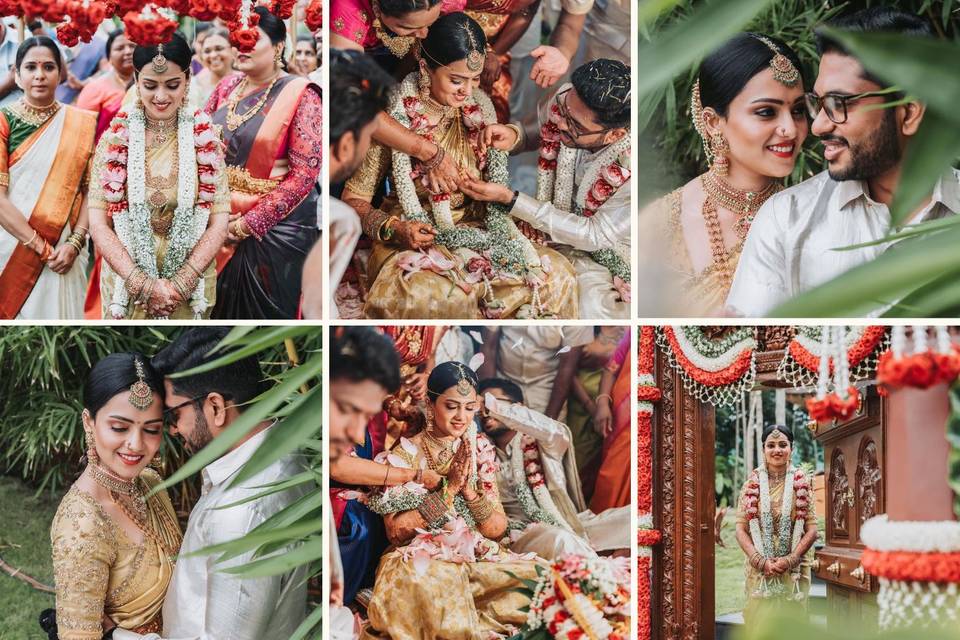
Photography: Wedding Photography by WFA
Weddings are the grandest celebrations, and in India, which is the land of diversity, different cultures and traditions are prevalent in each wedding ceremony in various regions. While it can be the biggest party of your life, it also has deeply rooted cultural traditions and ceremonies that you can experience for a lifetime experience. Traditional wedding ceremonies hold their charms, be it as seen in a Punjabi wedding ceremony, a Marwari wedding ceremony or a Parsi wedding ceremony. We will continue this trail by deep-diving into the Tamil Nadu-based Kongu community. We explore how their extravagant, three-day affair holds such a deep, emotional chord—presenting the magical Kongu wedding ceremony in all its minute details.
The Kongu community is the Kongu Vellalars or Gounders, who hail from Western Tamil Nadu. They have many professional streams, which enable one of their biggest social events—a Kongu wedding.
In this article:
Confused? Well, here's how this happens. People at a Kongu wedding are not merely guests or relatives. Their original, traditional occupation could also give them a position in the wedding rituals. The Kongu community (also called the people of the Ganga) is believed to be one of the oldest communities in India, and the above concept is supposed to highlight this statement.
Best Wedding Planners in Tamil Nadu
Kongu Pre-wedding Rituals
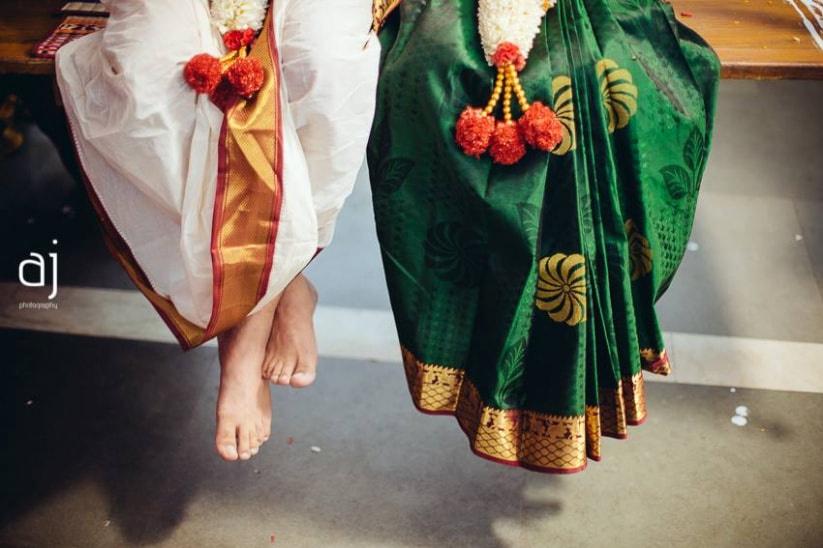
Each of the rites at a Kongu wedding was structured centuries ago and is still performed by a specific person for a specific reason. Before we delve into the wedding rituals, let's recognise all the people who are responsible for tying a couple together.
Porutham Parthal
Before they confirm the wedding, the first step for all Kongu families is to check whether the boy and girl are a suitable match. This depends on many factors like their horoscope, educational qualifications, the family's social status, financial background and source of income. The compatibility check is a blend of traditional and practical factors so that the couple and their families do not face problems later. This practice is equivalent to the Kundali matchmaking that happens commonly for the bride and groom to get married. The astrologer studies their birth charts as per their star alignments to decipher if they would be compatible with each other in the journey of life.
Sagunam Parthal
After the two families agree on the match, they seek favourable omens before they go ahead with any tasks related to planning the wedding. These good omens can be something as simple as seeing a flower offered to their Kula Deivam shift and mean that the match has been blessed. It is practised to incorporate the blessings of the divine as well as auspiciousness for the new journey of the couple together.
Nichyadhaartham
Once they recognise a good date, the two families proceed to find an auspicious marriage date for the Kongu wedding. The groom’s family visits the bride’s family to fix their wedding date and exchange plates containing fruits, betel nut and areca nuts with them. The bride dons a saree which she receives from her future in-laws and holds the plate in her lap as a sign of respect. Both families mutually decide the date, time and venue for the wedding and the ritual comes to an end with a spread of a simple, yet delectable meal.
The ceremony of Nichyadhaartham can also be considered as an equivalent of Roka ceremony that happens in North-India. Here, the families of the bride and groom bless their union in a small ceremony which also means that they have the official approval from the family for their union.
Arumaikaarar and Arumaikaari
The community elders are chiefly responsible for the actual Kongu wedding rituals. However, only married elders who are deemed the most respectable, with the deepest knowledge of their Kongu history and traditions, can perform the holy rites for the wedding. These elders are given the title of Arumaikaarar and Arumaikaari.
Naavidhan
Next, we have the Naavidhan (barber) who invites everyone to the wedding and calls them before all the rituals by singing the 'Mangala Vaazhthu' with the Arumaikaara. He also ceremonially grooms the bridegroom - giving him a haircut and a shave ahead of the wedding.
Vannaan
The Vannaan or Washerman is the one actually responsible for creating a stunning Pandal or wedding mandap out of green coconut leaves and dupatta decorations. These are also used to create a carpeted aisle for the couple to walk down towards the Pandal.
Vetkovar
Traditionally, potters, the Vetkovars are called in to make special earthen pots for rituals during the wedding.
Paraiyars
Men from the Paraiya section of the community provide a background score for the wedding ceremony, with rhythmic beats on large, traditional drums. They ensure that everyone is involved in the mood of the affair.
Kammalar
The Kammalar or the carpenter is responsible for making the kitchen essentials that are then given to the bride during Seedhanam Koduthal. Traditional wooden supplies are a small, intricate detail that most Kongu couples remember from their own wedding days. These are created by Kammalar, skilled artisans and include things like a wooden salt box, plate, ladle and even a special spice box with 5 compartments.
Pandaaram
Now responsible for the finger-licking delicacies at the multiple wedding feasts, the Pandaaram (caterers) earlier had a bigger role in the ceremony. It's believed that often led or performed the wedding prayers.
Maadhaari
Ever thought about how important a cobbler would be for your nuptials? In this case, they are. The Maadhaari crafts a new set of footwear or Chappals for the bride and groom to wear into their new life together. And so, this new footwear is a wedding ritual on their own.
Kongu Wedding Rituals
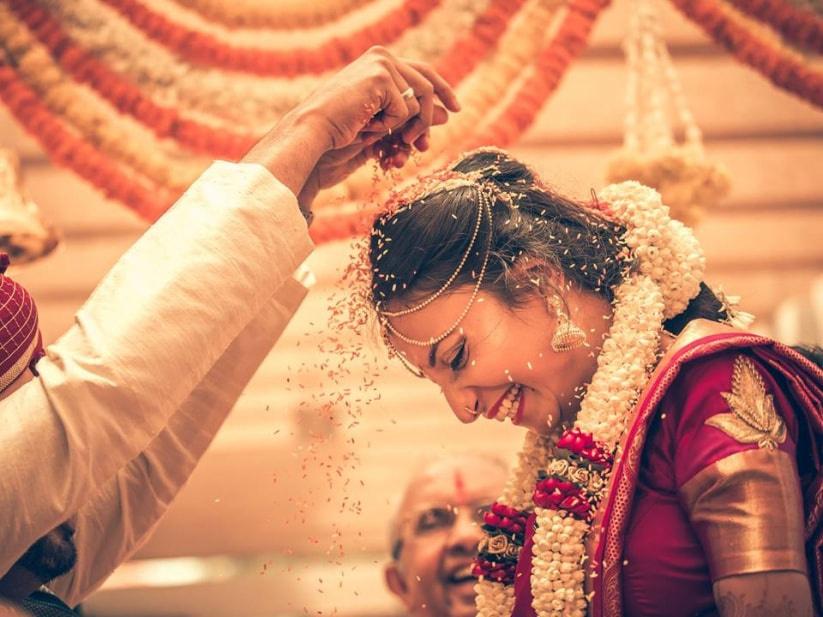
It is customary for all the close relatives and family members of the bride’s side to voluntarily extend a helping hand before and during the wedding. Here is how they work together for the chosen couple.
Naal Virudhu
The first day for a Kongu wedding begins with a combined feast. Close relatives from both the families break bread and bond together, in a bid to tie all of them together as one big, happy family.
Muhurtha Kaal
On the second day, ahead of the main wedding ceremony, all the relatives help in setting up the Pandal (alongside the Vannaan), chopping firewood and serving meals to all of the invited guests. And the Paraiyars set the pace for the day with fervent beats of their drums.
Muhurtham
Finally, it’s the wedding day. Dressed in traditional finery, the bride and groom are led to the pandal and sit down for the core ceremony. They are married after the groom ties a Thali or Mangala Naan around the bride’s neck. The two also have an exchange beautiful Jaimalas to mark the occasion. An integral and significant practice which is observed in all the weddings across India.
Elder women from the community bless the duo with an Aarti and ward them against the evil eye before everyone sits for a grand feast. The mouth-watering treats from the Pandaaram tingle taste buds and end the occasion on a sumptuous note. In the end, a Kongu wedding shows us how it takes a community to bring a couple together in a simple, heartfelt way.
Kongu Post-wedding Rituals

Photography: StudioA Weddings
There are only a few Kongu post-wedding rituals that one can witness and experience in this beautiful and culturally rich wedding festivity.
Tharai Varthal
This beautiful ritual entails a father handing over his daughter by pouring water thereby transferring the rights of taking care of her to her newly-wed husband.
Kalyana Virundhu
Also known as the wedding feast, Kalyana Virundhu is a grand and lavish vegetarian feast served on banana leaves to all the wedding guests after the Kongu wedding rituals.
Kongu Wedding Songs
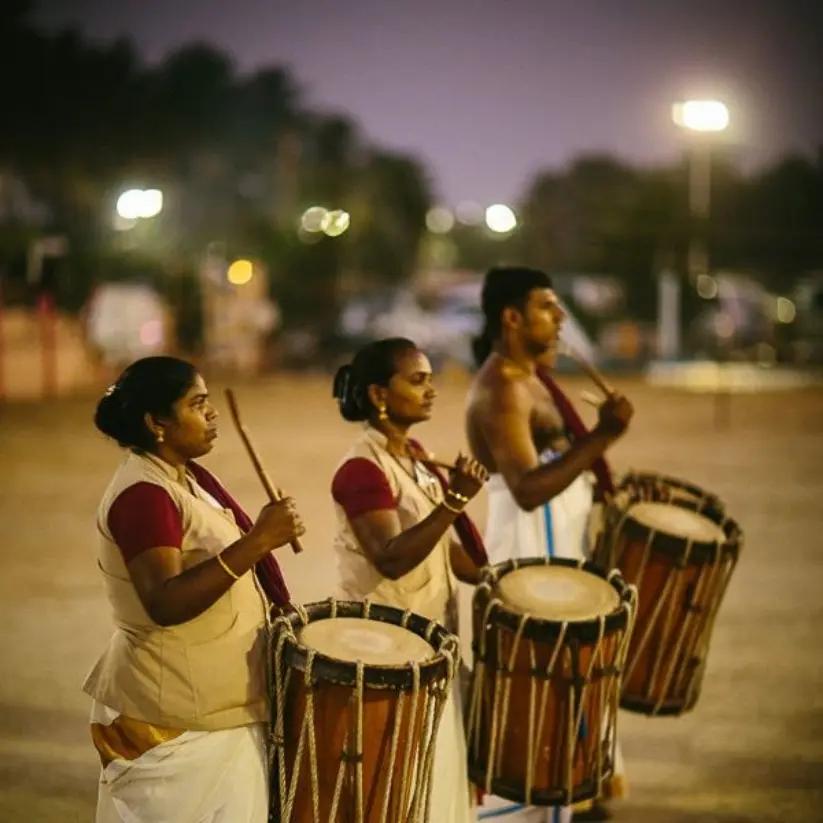
Music is one of the key elements that add to the vibrancy of Kongu weddings, with every song carrying a specific significance. From the auspicious Mangala Vazhthu to the heartfelt Benediction Song, each tune is a link in the chain of Kongu’s cultural heritage. Let’s take a journey through five significant songs that are often heard at a Kongu wedding and explore the beauty behind them.
1. Mangala Vazhthu songs
While singing Mangala Vazhthu could be viewed as formal wedding songs that the couple listen to in the pre-wedding and post-wedding stages of the ceremony, it is a prayer or invocation of blessings from the divine for a prosperous future for the couple. They are sung in traditional Tamil with references to deities and symbols of prosperity, wealth, and fertility. At a Kongu wedding, it is sung by family members with the occasional help of professional singers and their accompaniment. The splendour of this Mangala Vazhthu, sung just as the couple exchanges vows, lends an air of joyful sanctity to the occasion. In short, the song is a blessing in itself and hence blesses the couple with happiness, fertility, and harmony. These songs bring blessings from the elders and society to happy and auspicious marriages. Thus, while celebratory, the general mood is still reverential and places the wedding within the context of spiritual significance handed down through the years.
2. Benediction Song in Kaikorvai ceremony
The Kaikorvai ceremony, wherein blessings from parents and elders are vested in the bride and groom, is one of the most emotional and poignant occasions associated with a Kongu wedding. A special Benediction Song is sung during this ceremony with heartfelt prayers wishing health, happiness, and harmony for the couple. The song has a simple, yet deep, message, urging the couple to prosper in love and peace all through their married life. Often sung by close relatives, such a song can help bind the participating families together. The Kaikorvai ceremony formalizes the transfer of blessings from parents to the couple, which makes the significance of this song prominent. The Benediction Song is a holy moment connecting the bride and groom with their families.
3. Mangalavaazhthu songs
The Mangalavaazhthu songs are only played during the Kongu wedding ceremonies such as when the thali is tied around the neck of the bride and the bride and groom are married. The Mangalavaazhthu melodies are mostly slow, and sweet, and are enriched by musical instruments such as the nadaswaram and thavil. These songs are the main instruments of the wedding rituals and thus they play the role of imprecated divine blessings for the couple's union. These songs are custom-written in a way that they reflect the happiness and holiness of the wedding. They are made up of words that talk about the union of the two spirits, the integration of the families, and the religious significance of the marriage. The Mangalavaazhthu songs are in fact the marriage itself. The songs signal the metamorphosis of the two people into one unified couple that is held together by the sacred anthems.
4. Valluvamudimudhal Song
The Valluvamudimudhal is more celebratory and folkish and is usually performed at the beginning of a Kongu. It is often accompanied by a traditional drumbeat, it is also somewhat playfully meant to announce the arrival of the bride and groom. It features rhythmic beats that heighten the celebratory atmosphere of the wedding day. Often the lyric appreciates the bride and groom because they would have to be suitable matched partners; this sometimes involves fun and mischief in contrast to the other formal proceedings.
5. Aasai Thambattai Song
The Aasai Thambattai song is typically sung during the Aasai ritual, a ceremony that takes place after the wedding to ensure that the couple’s new life is blessed with prosperity and happiness. In this song, the bride symbolically wishes for good health, long life, and abundant children. Sung in a soft, melodic tone, the Aasai Thambattai song is often accompanied by rhythmic beats played on a thambattai or the traditional metal drum. This song represents the beginning of a new chapter for the bride and groom, who are now expected to live together and fulfil the responsibilities of married life. The song’s lyrics often contain subtle references to both traditional customs and the couple’s future aspirations.
We can all agree on the fact that India is a land rich in culture and heritage, where the diversity is so breathtaking that we can observe the change in language, dialects and beliefs after each state border. While it is a land that explores the eclectic mix of the old and new, this beauty and diversity are seen most vividly during the wedding ceremonies. Some wedding ceremonies are celebrated with grandeur and opulence while others believe in a more simplistic display of traditions. We hope that this detailed article was helpful in learning the beautiful traditions of a Kongu wedding.
Decoding Indian Wedding Rituals in India:
1. Royal Marwari Wedding Traditions
2. DIW: Manipuri Wedding Rituals
3. Traditions and Rituals of a Hindu Punjabi Wedding


